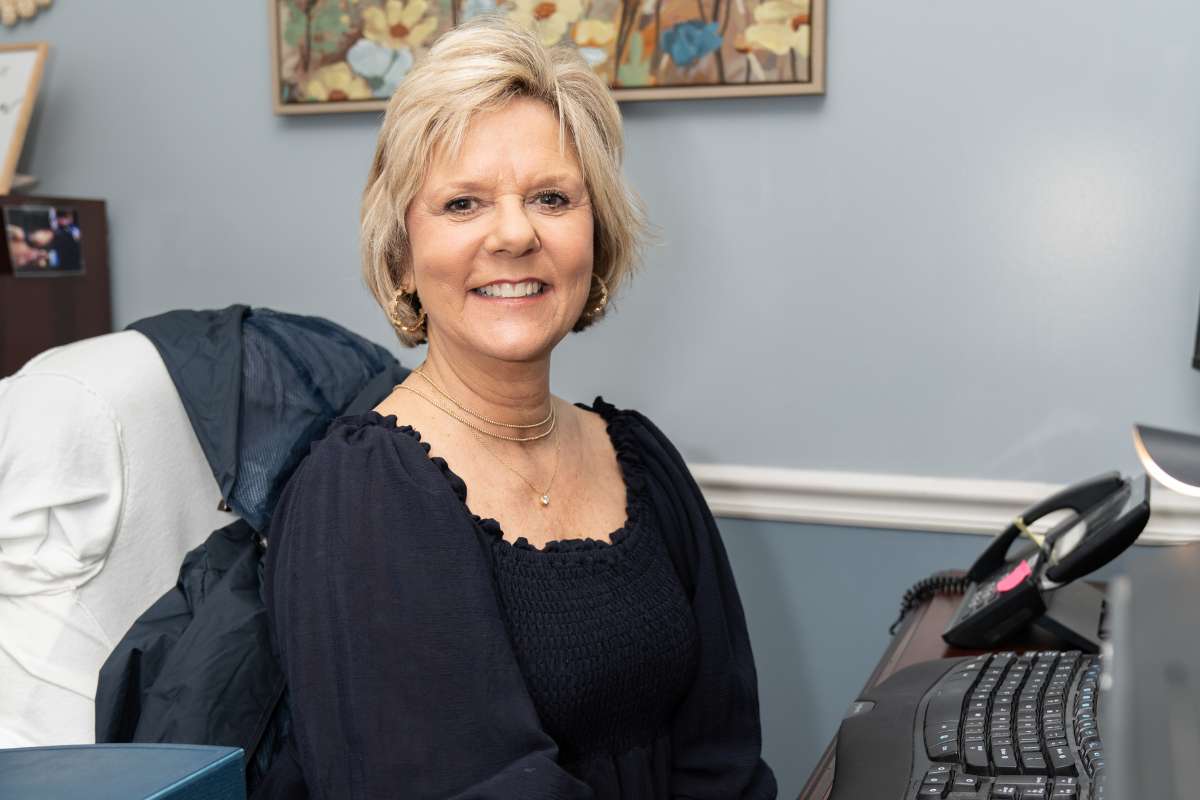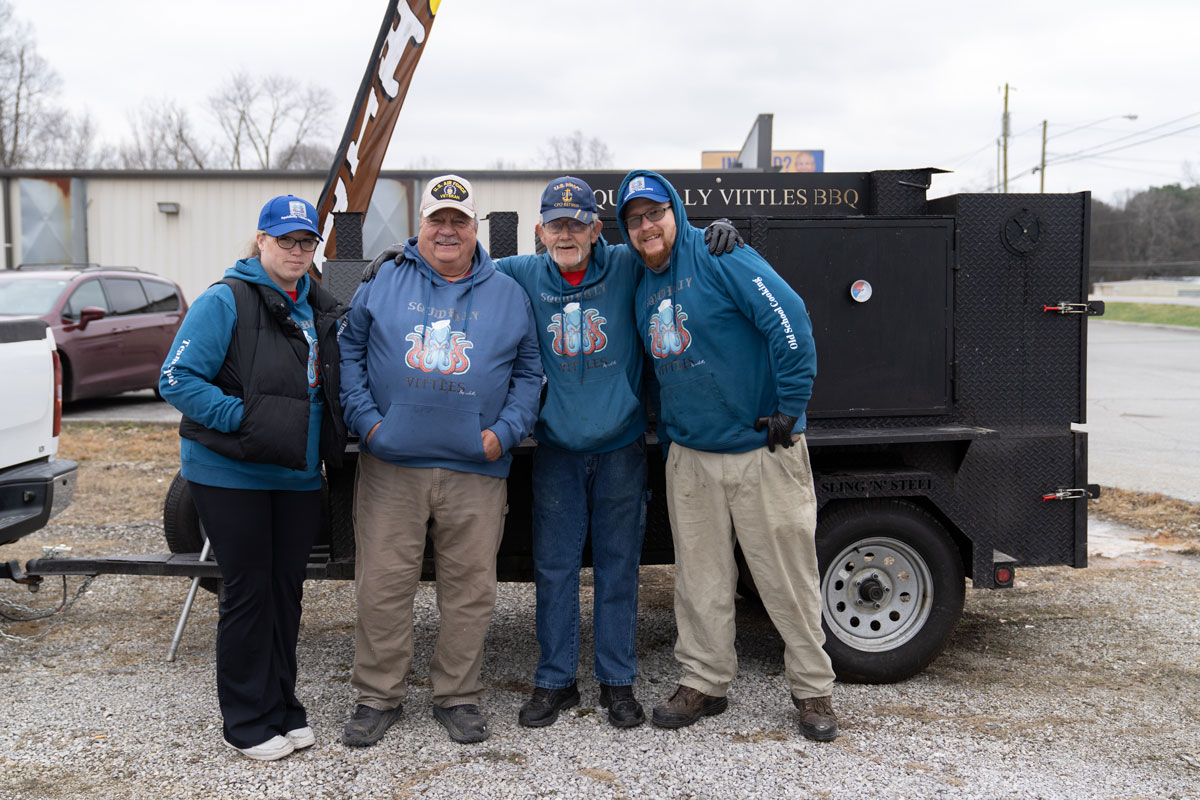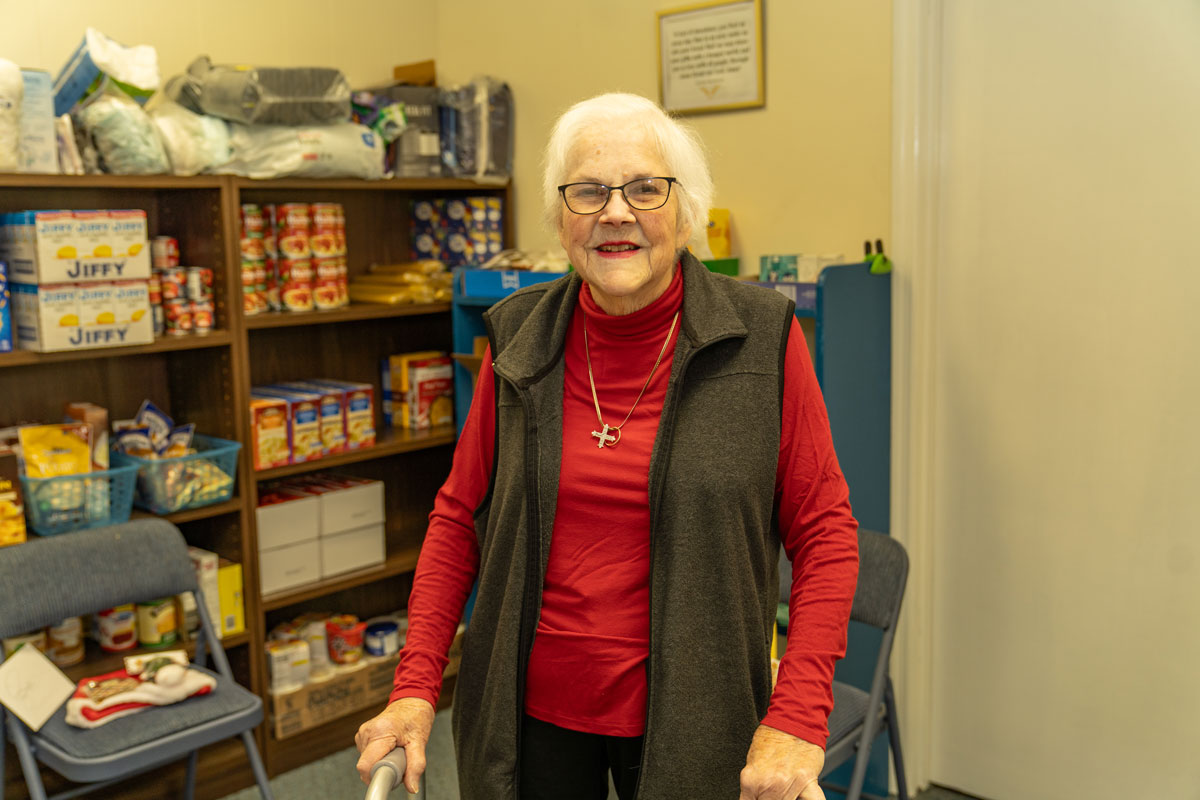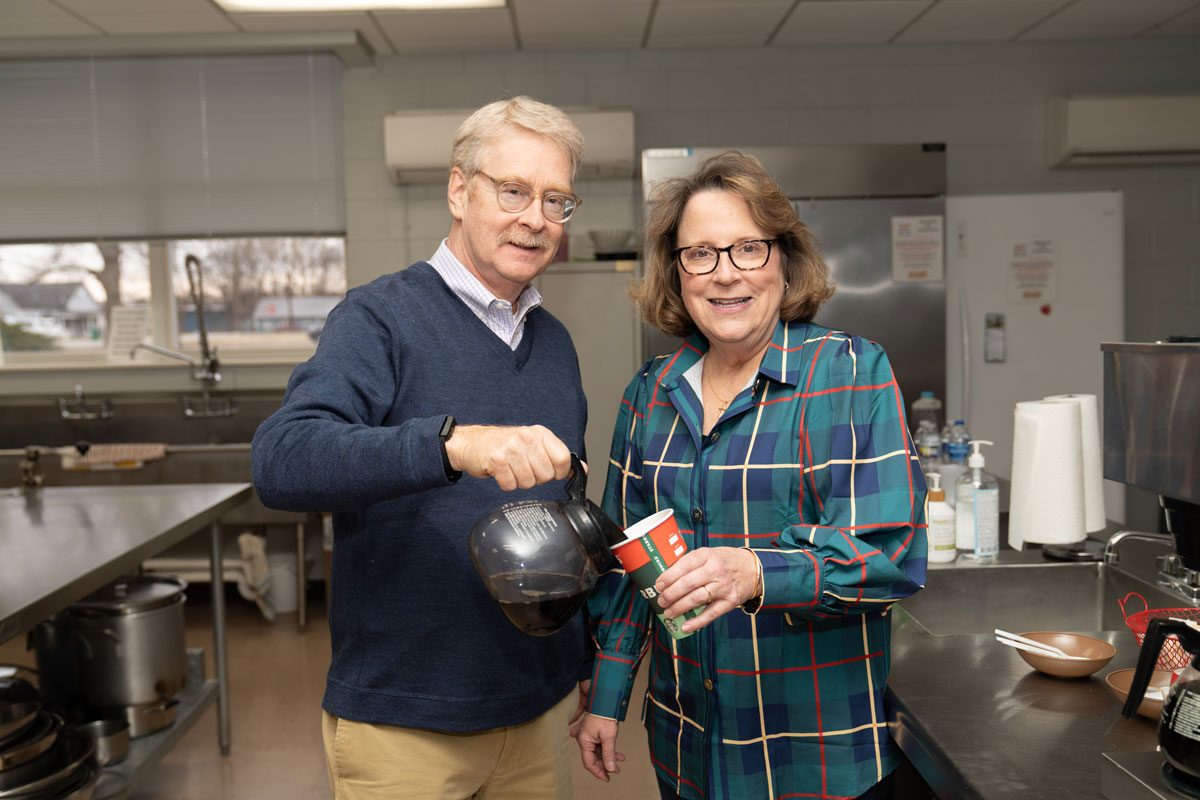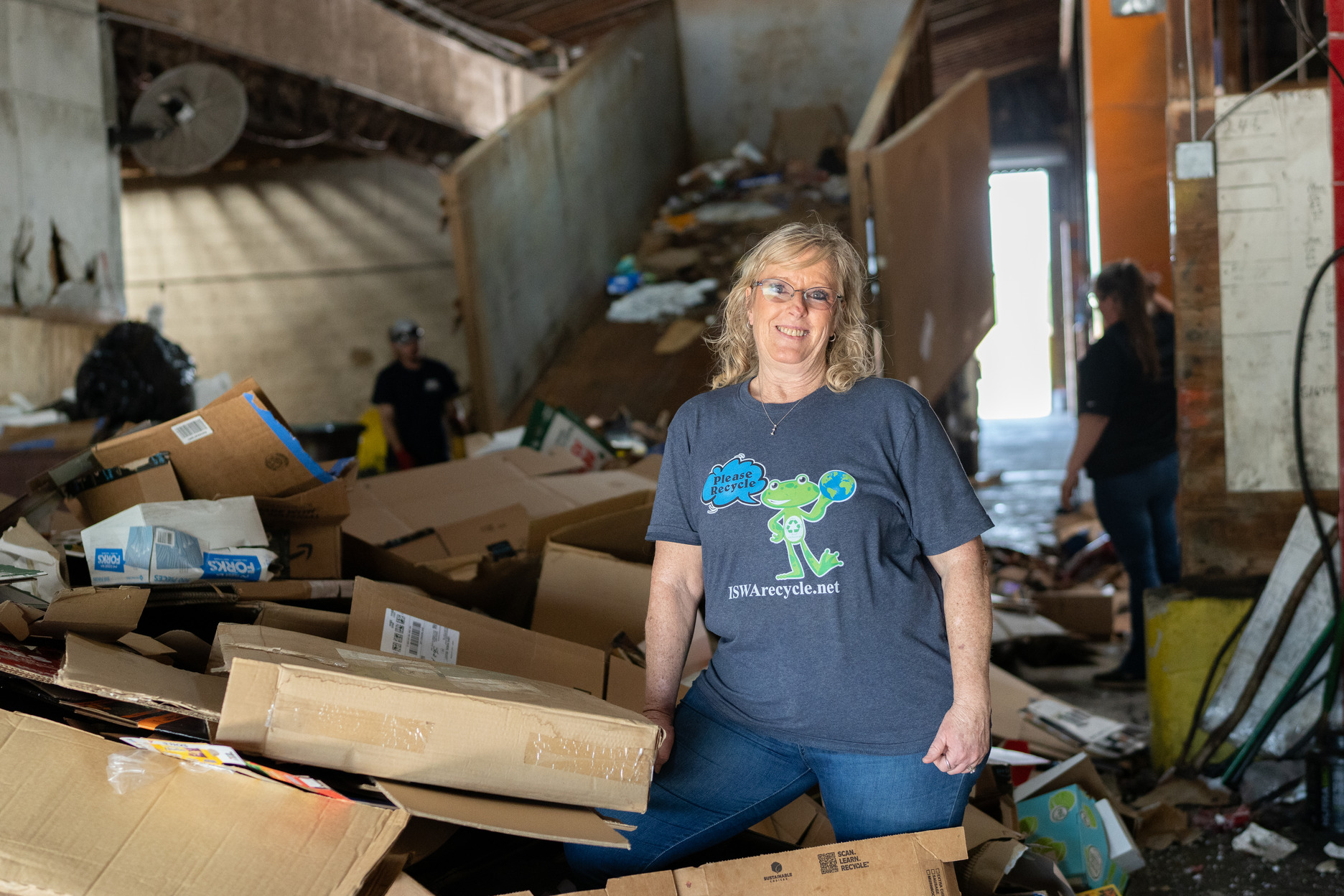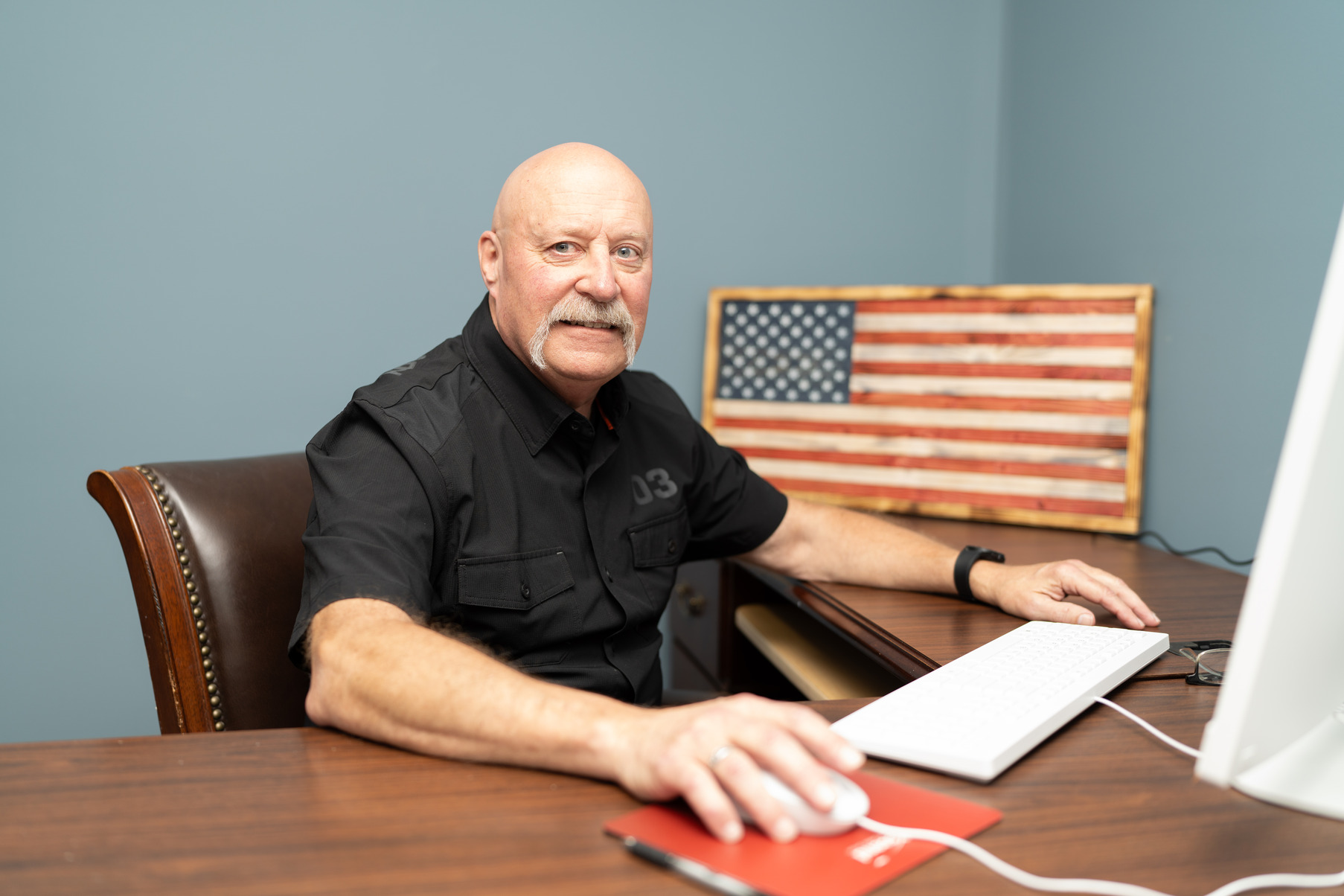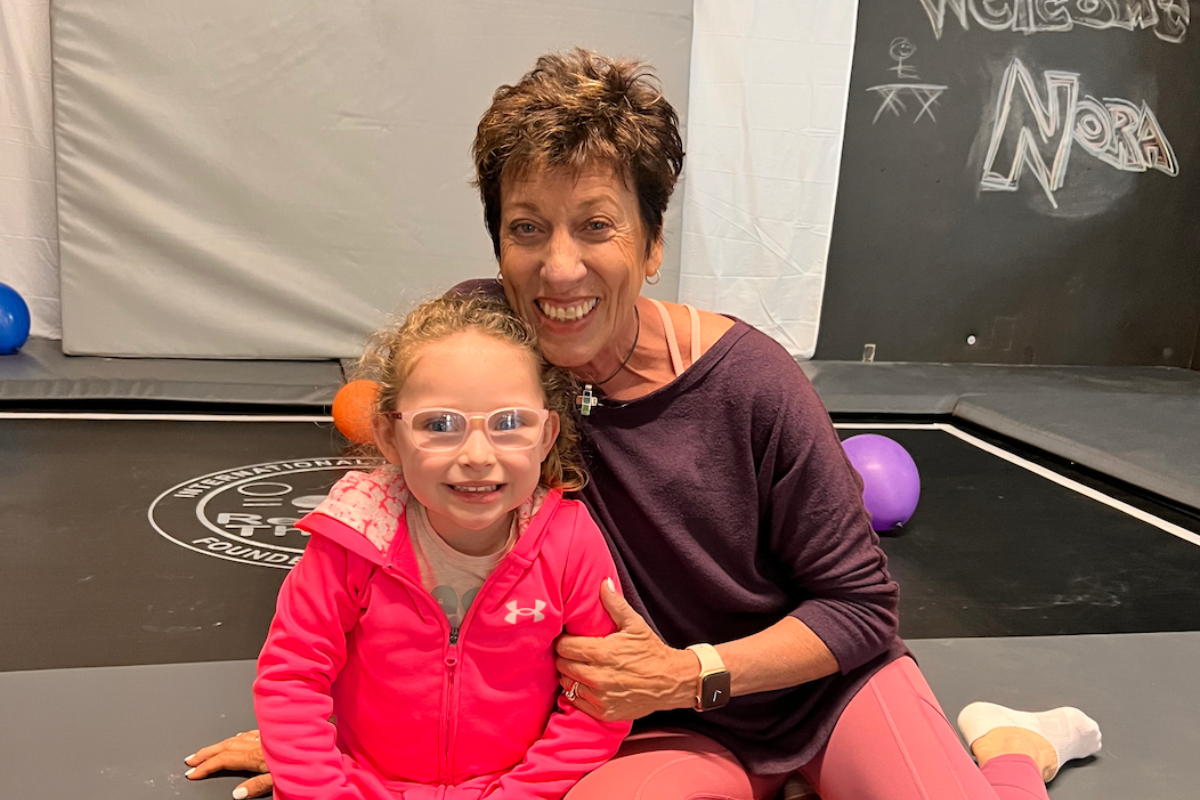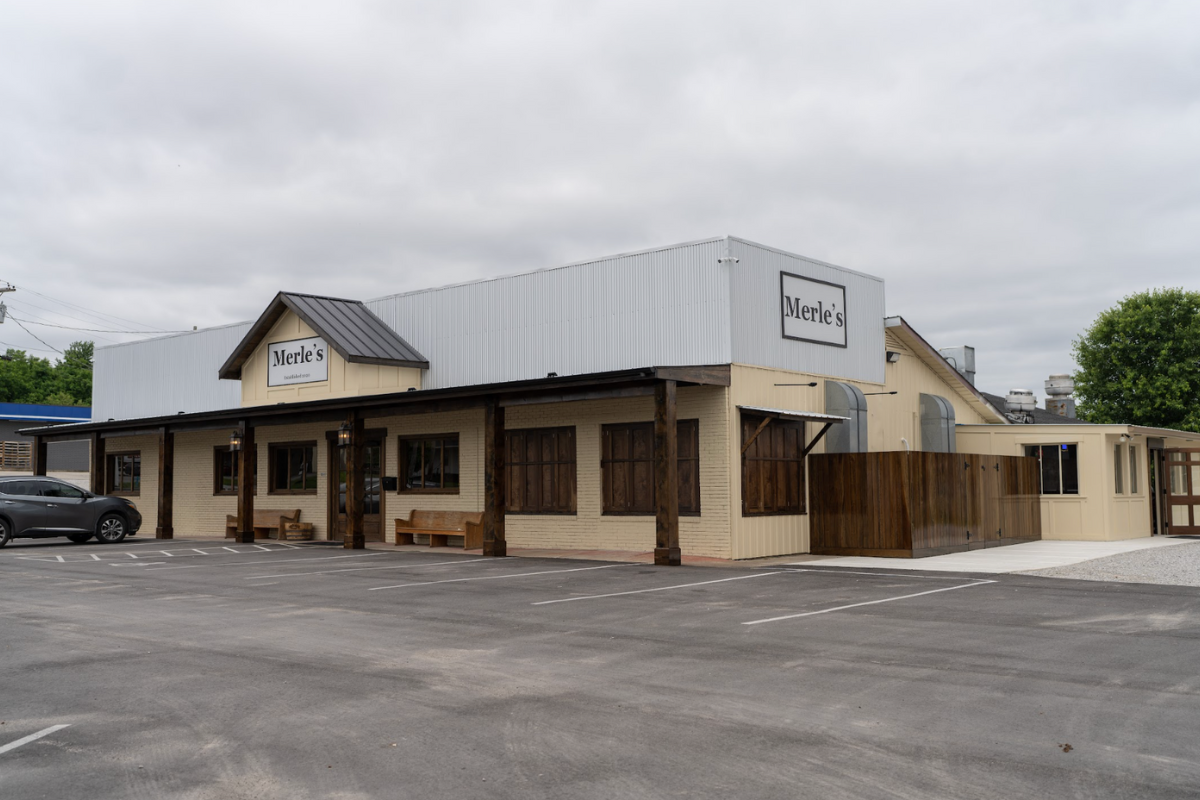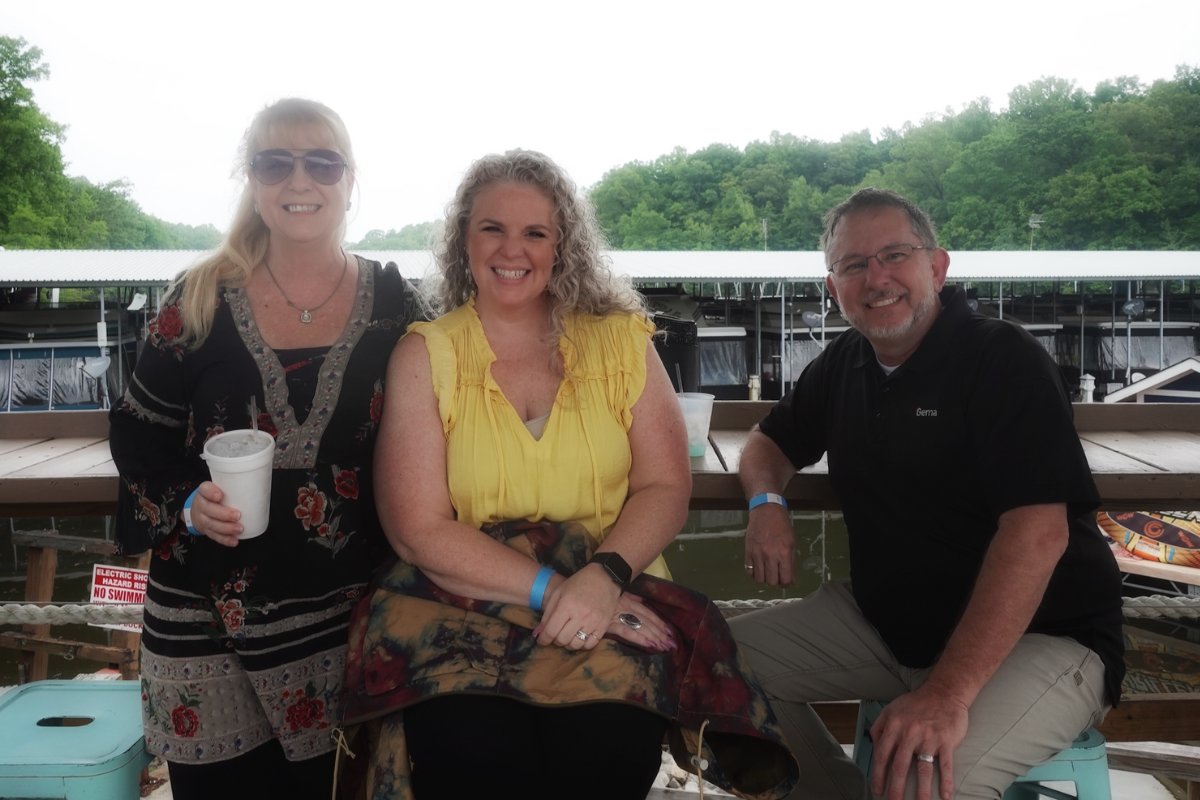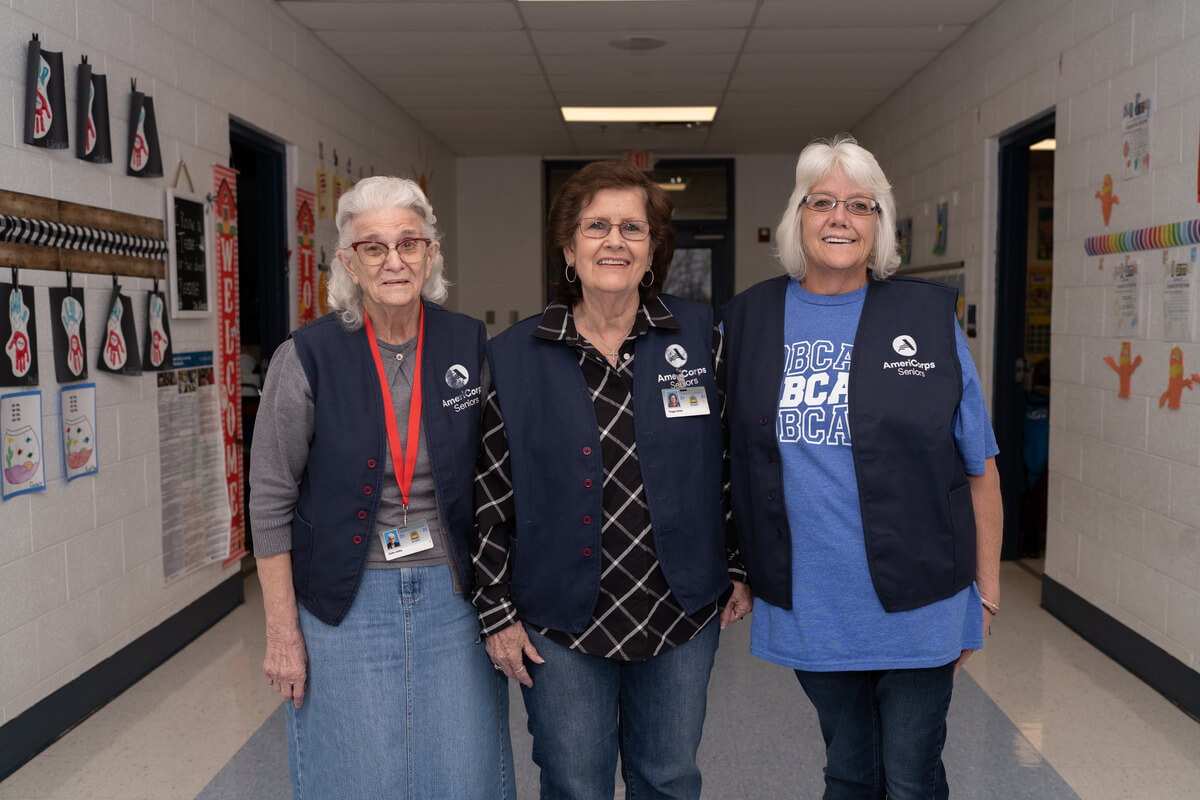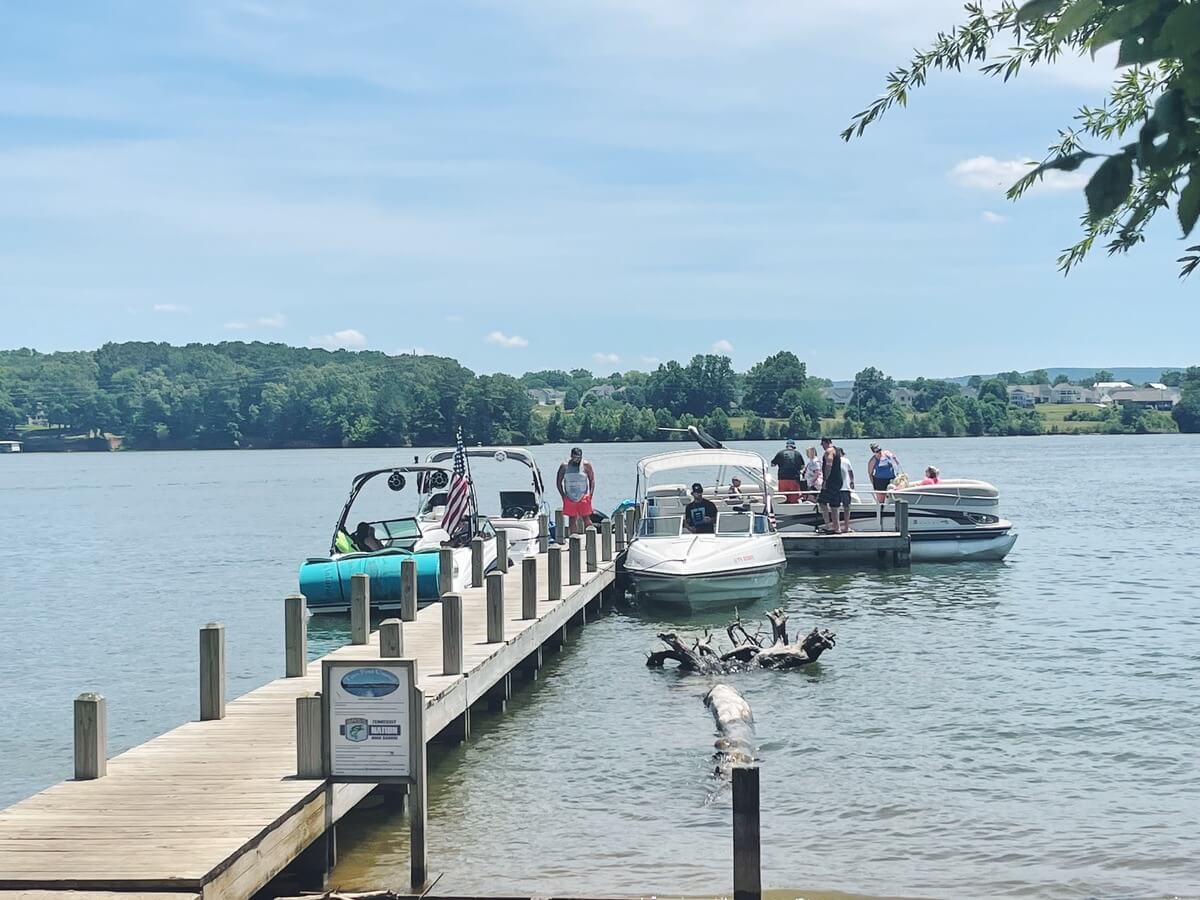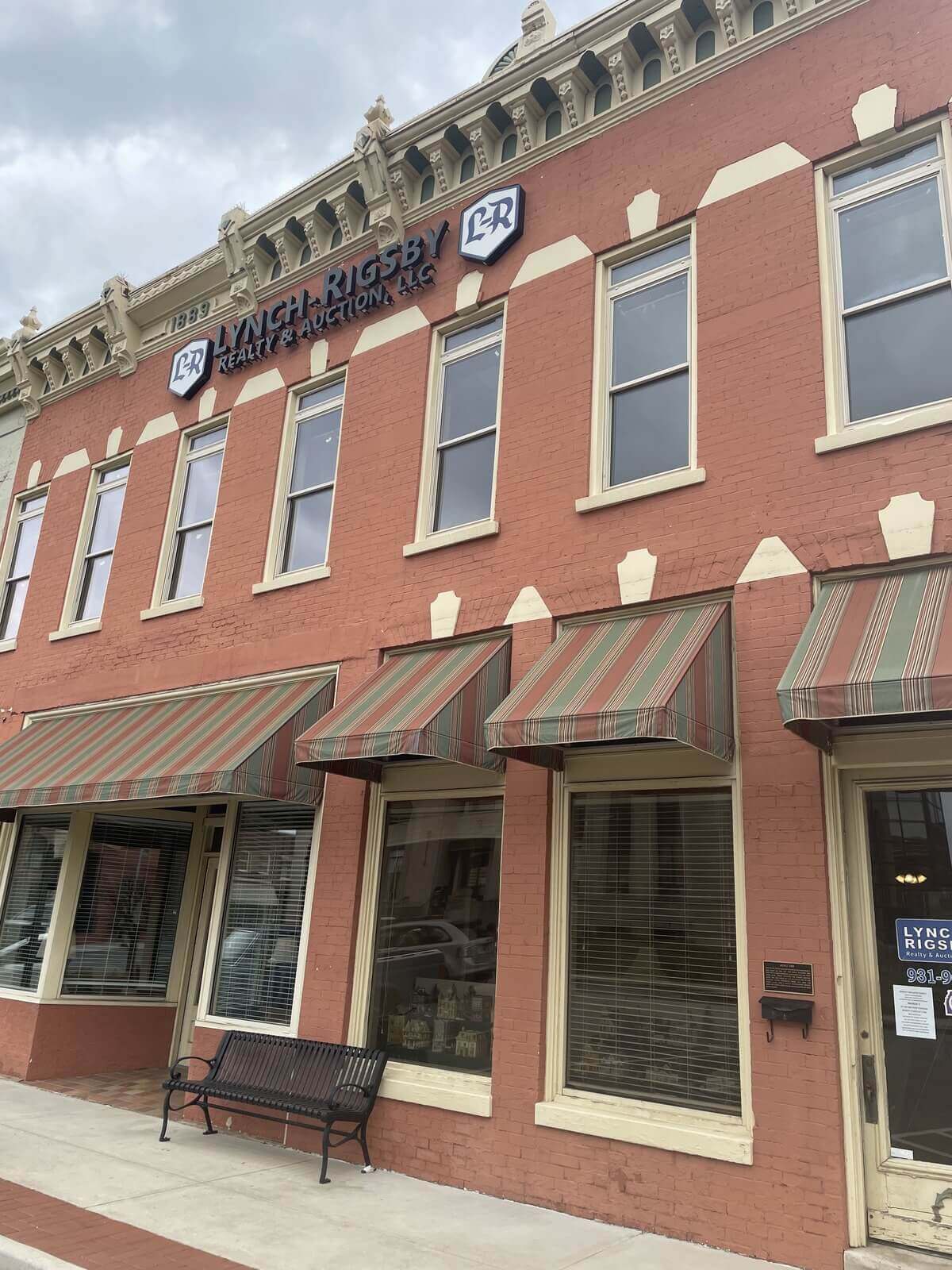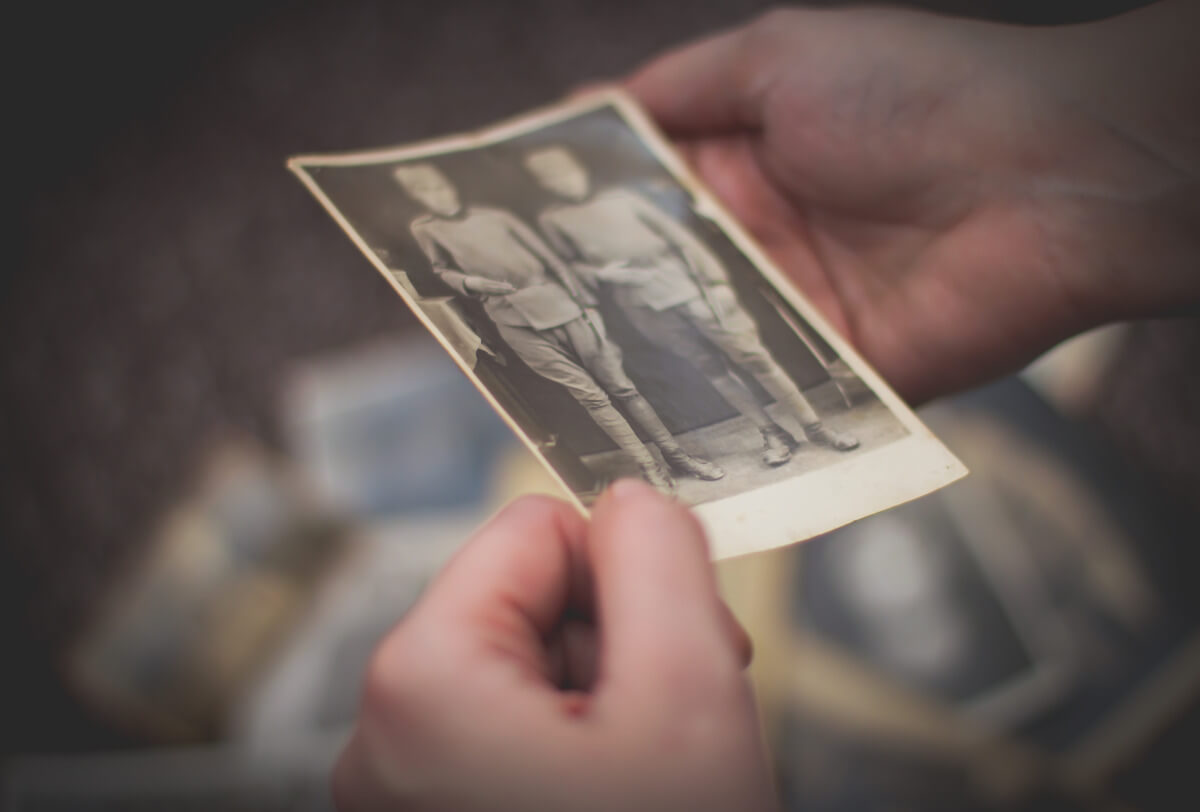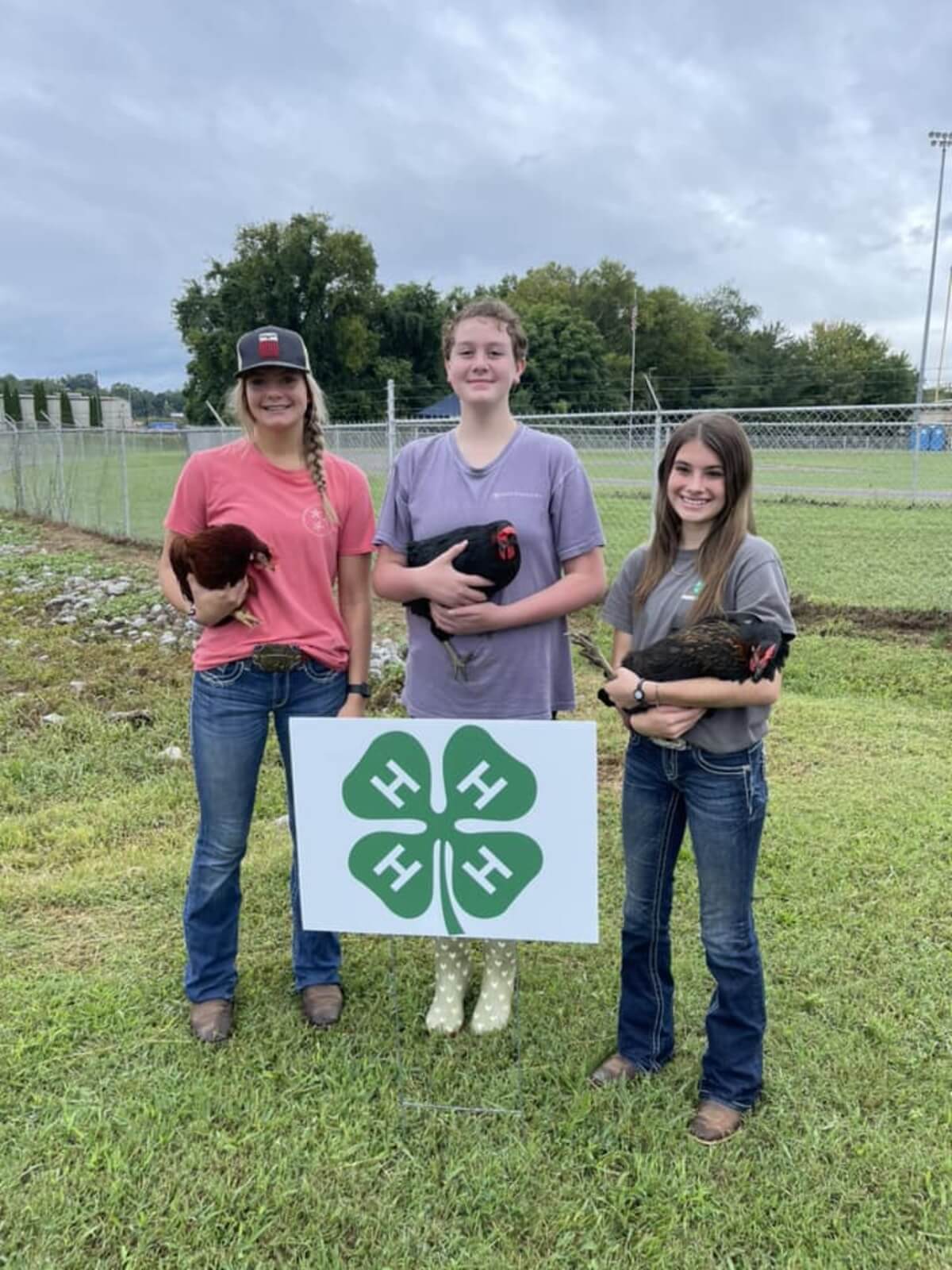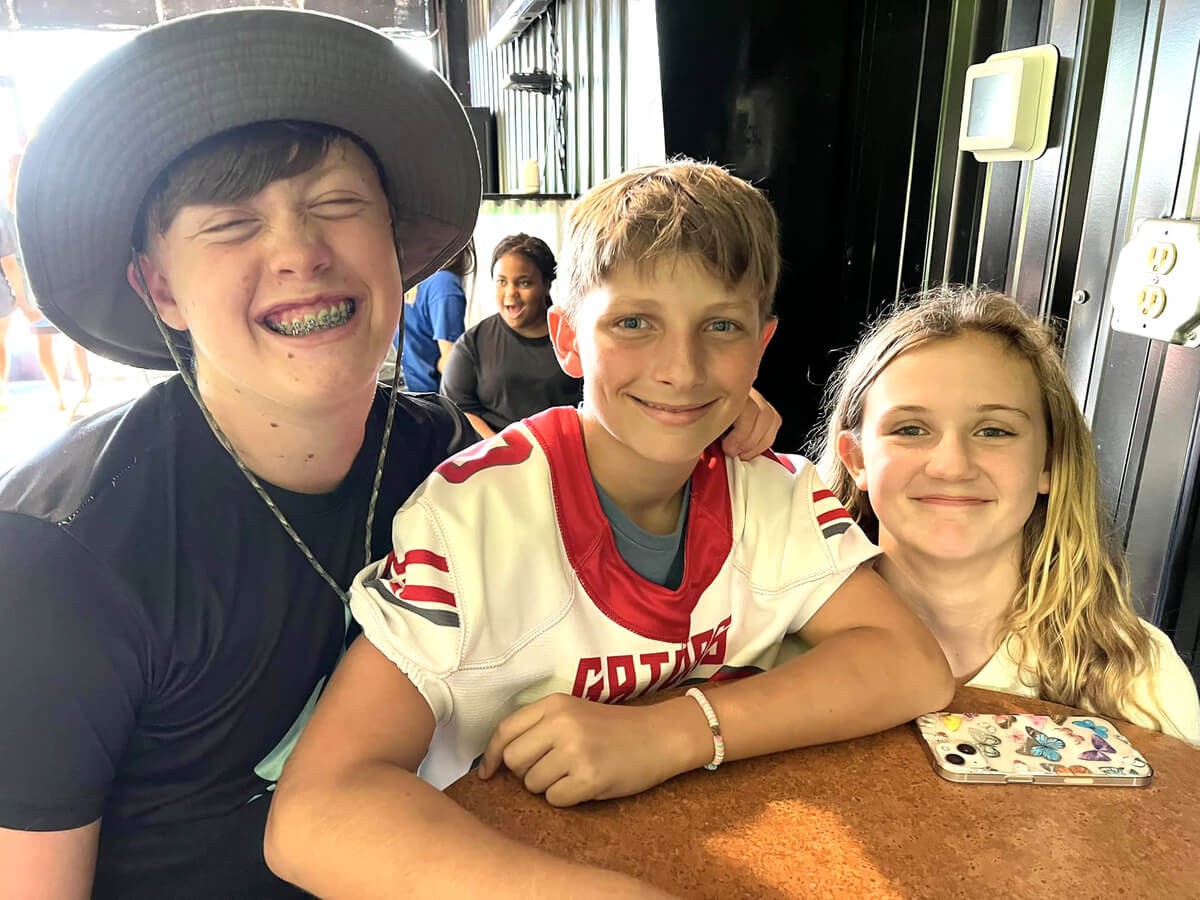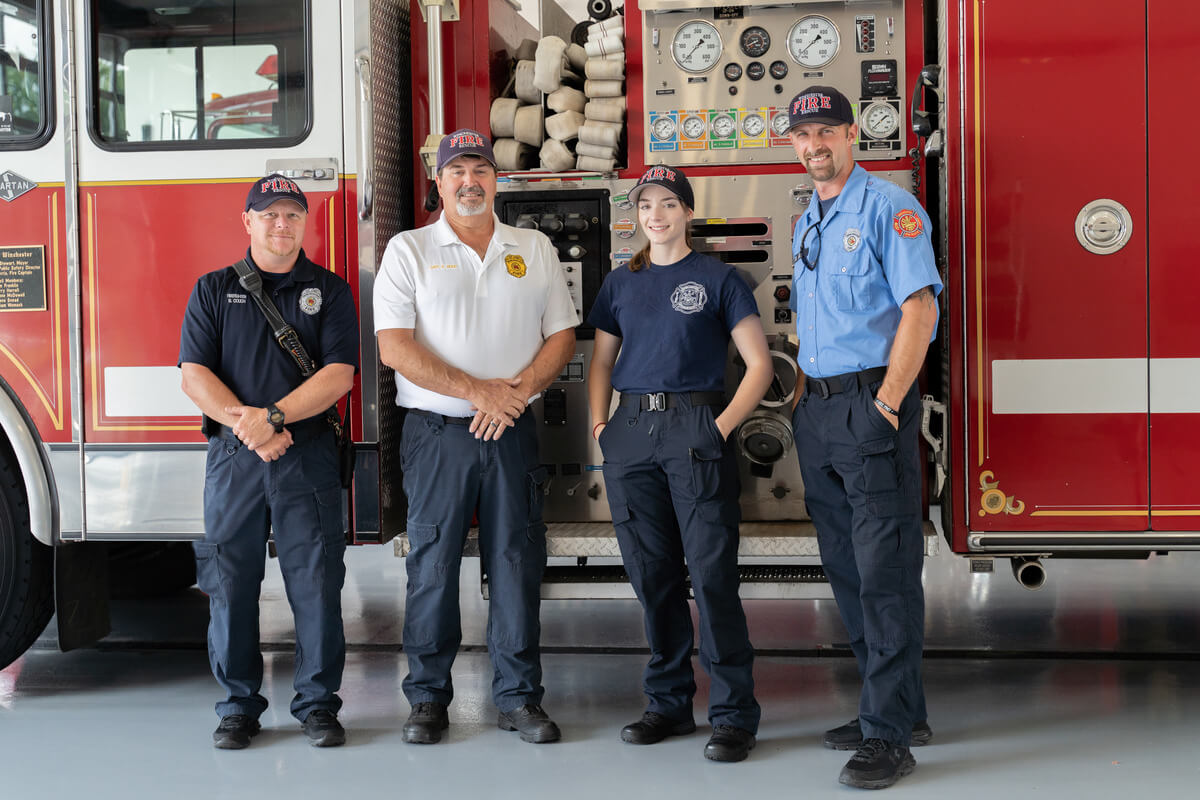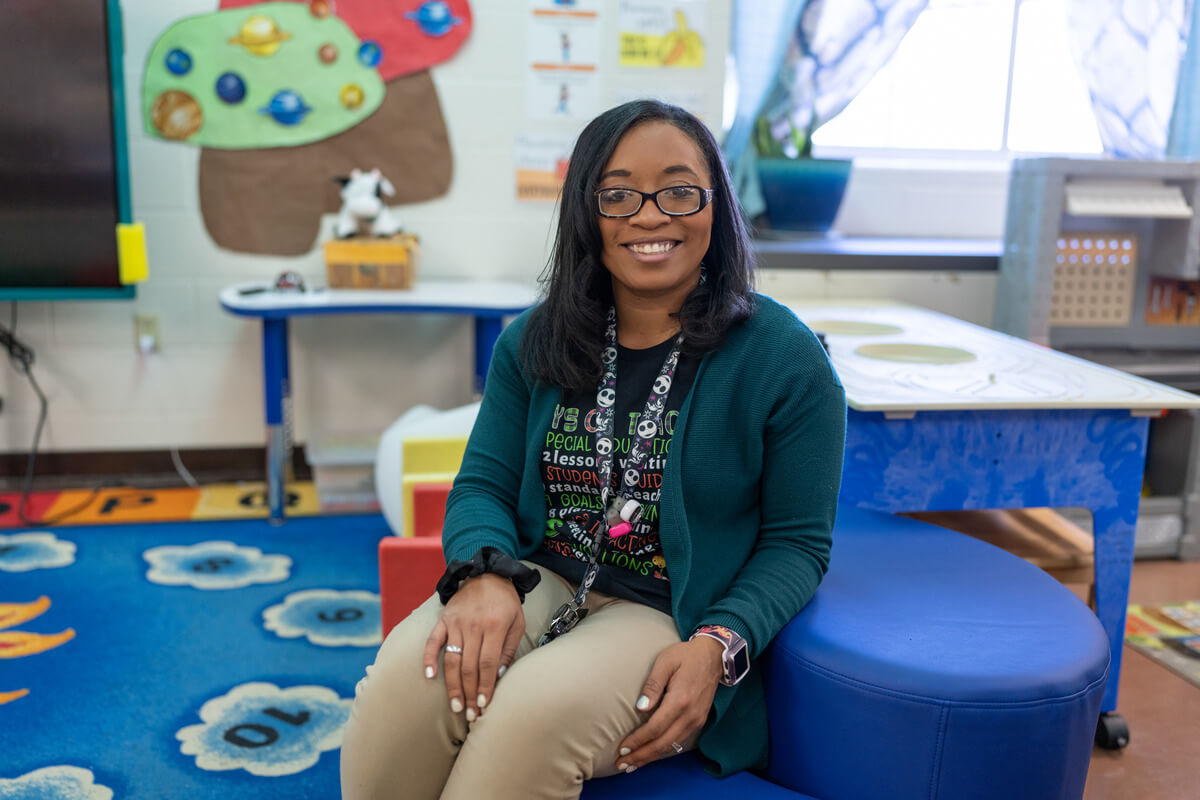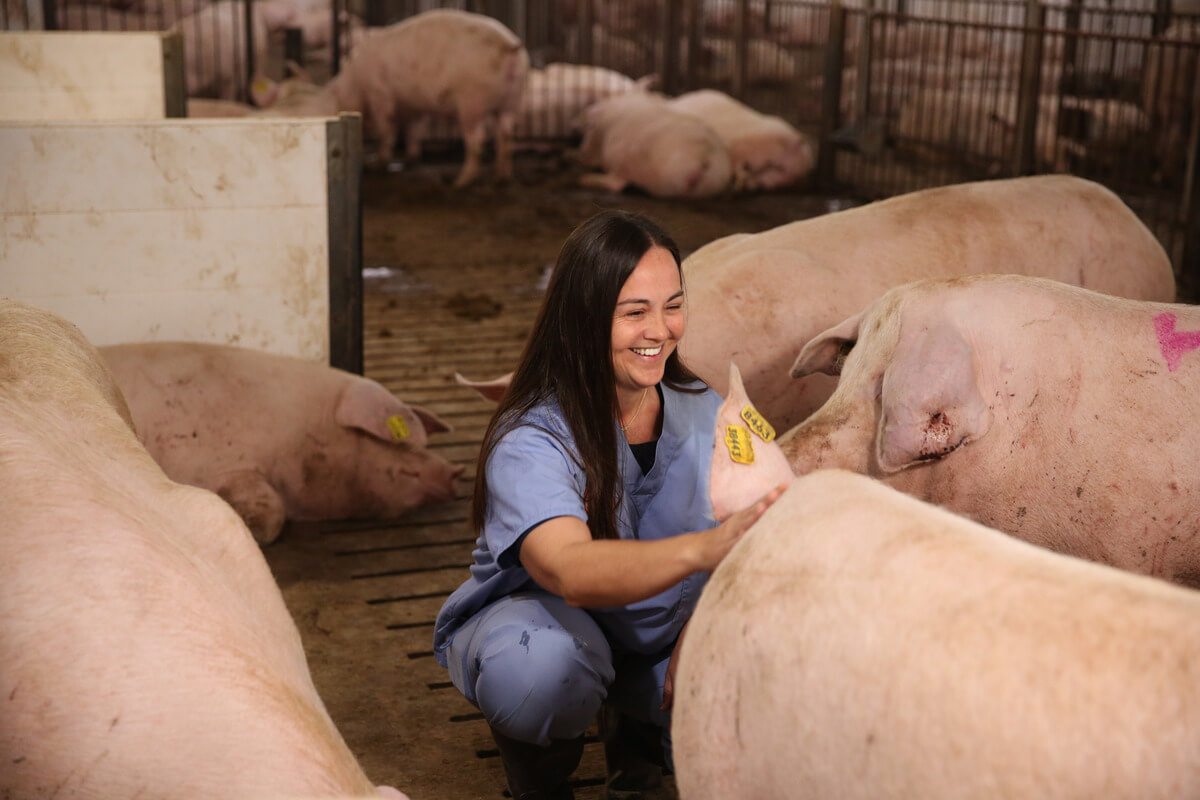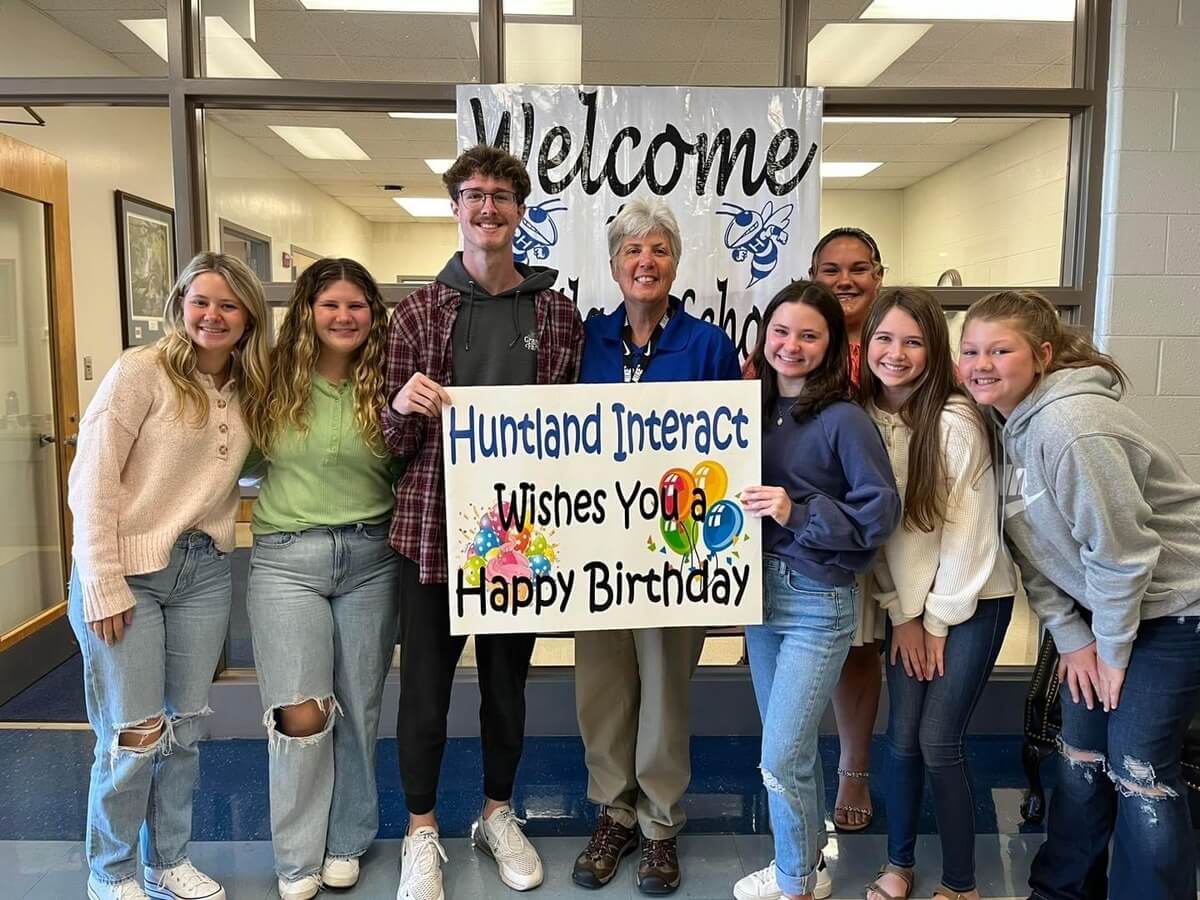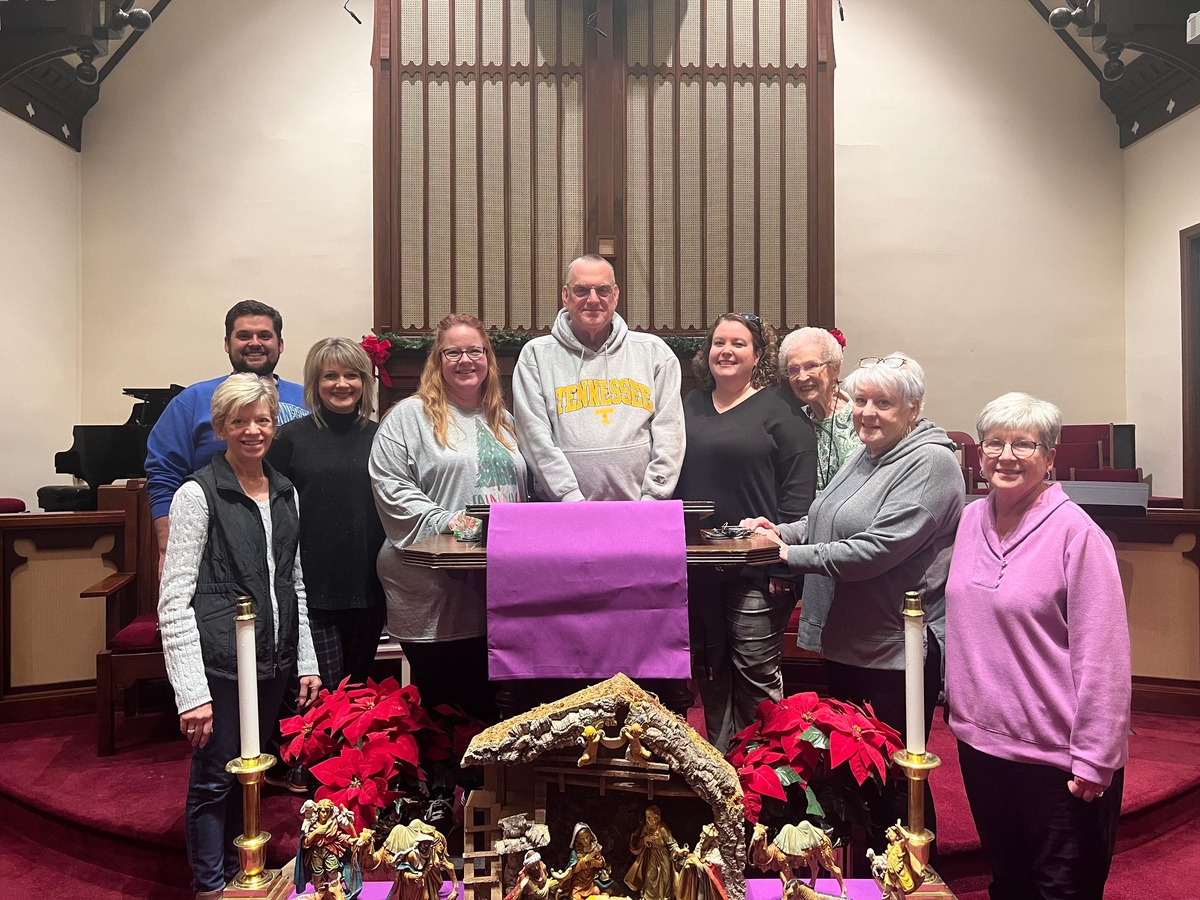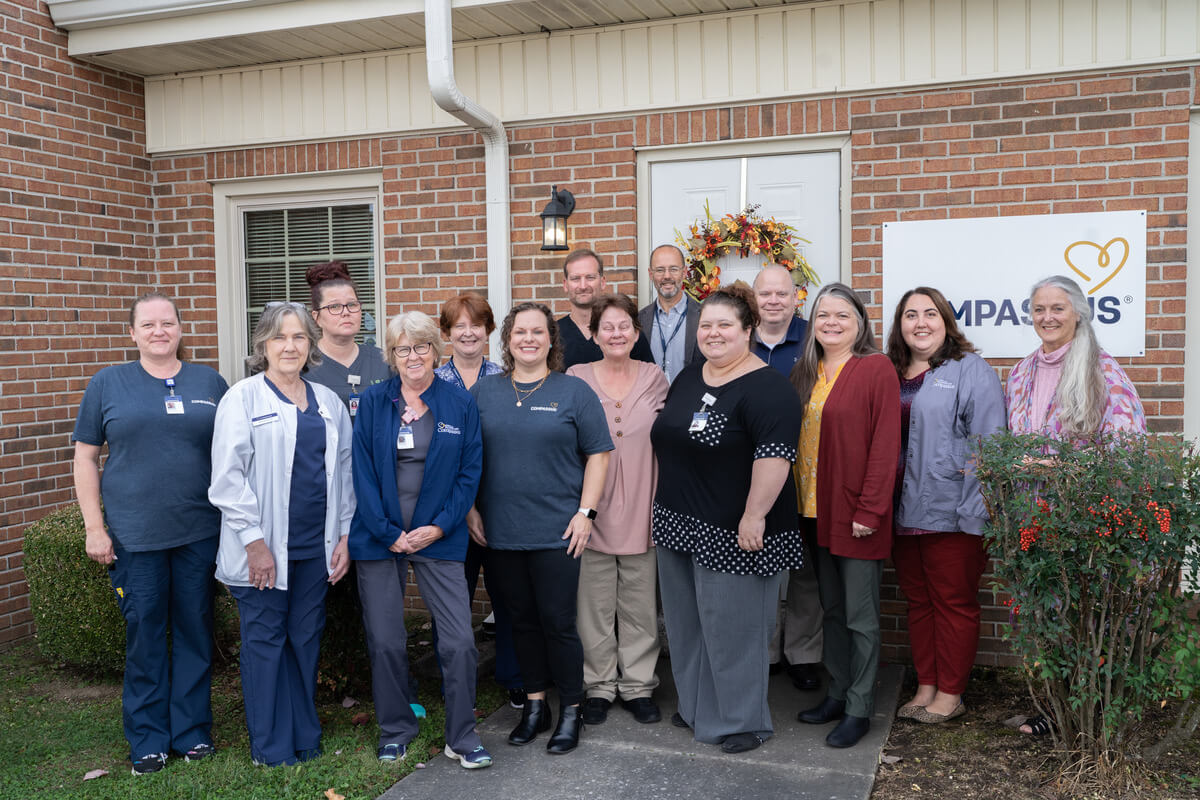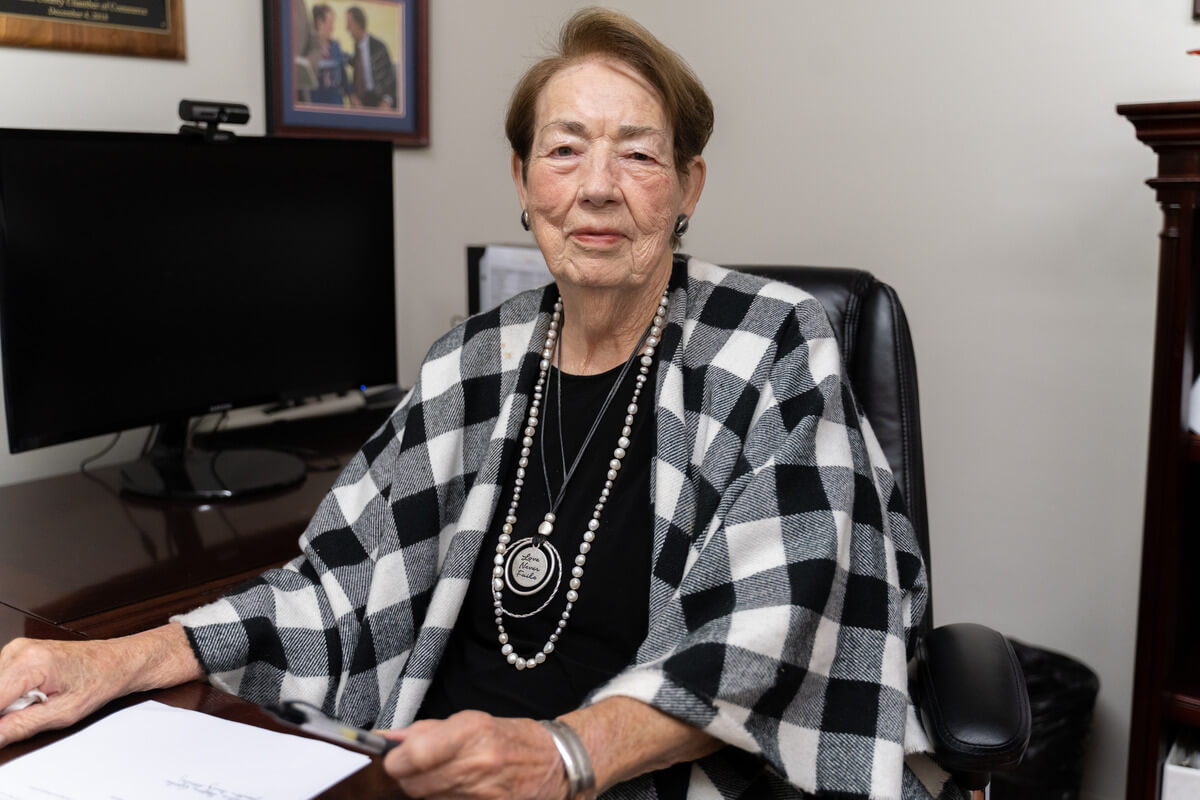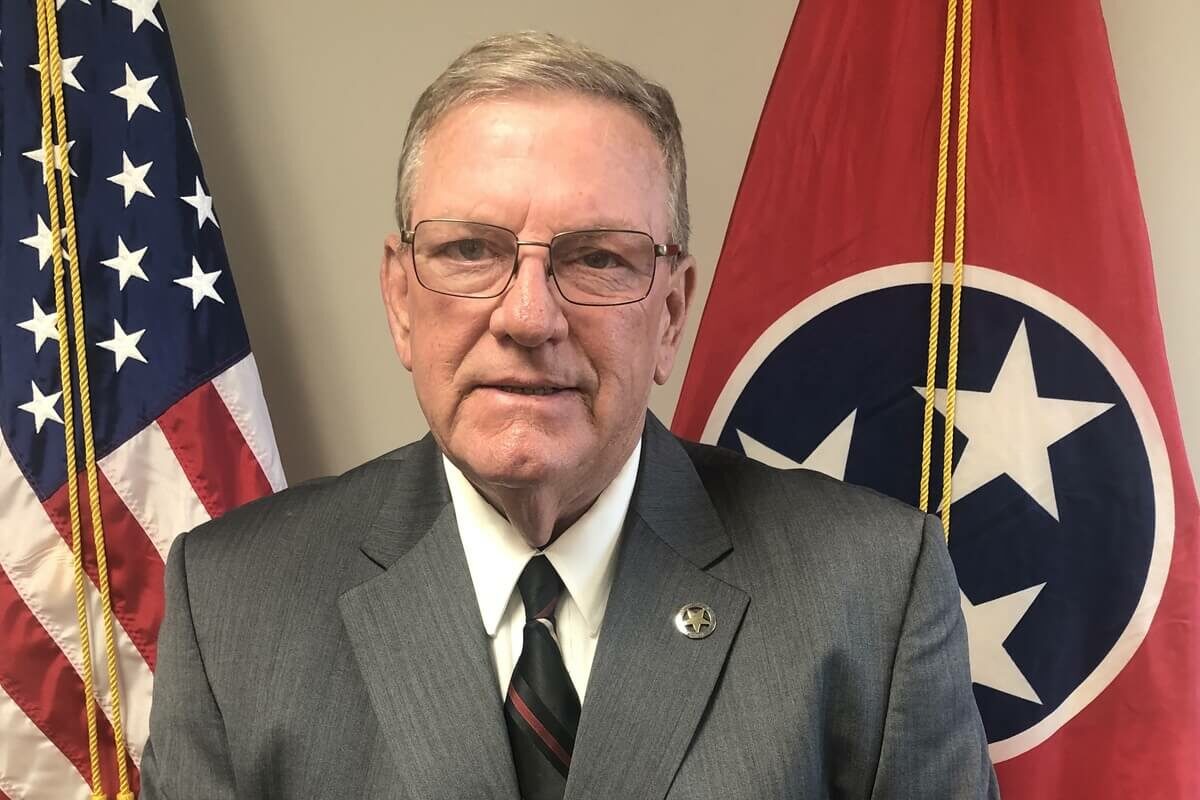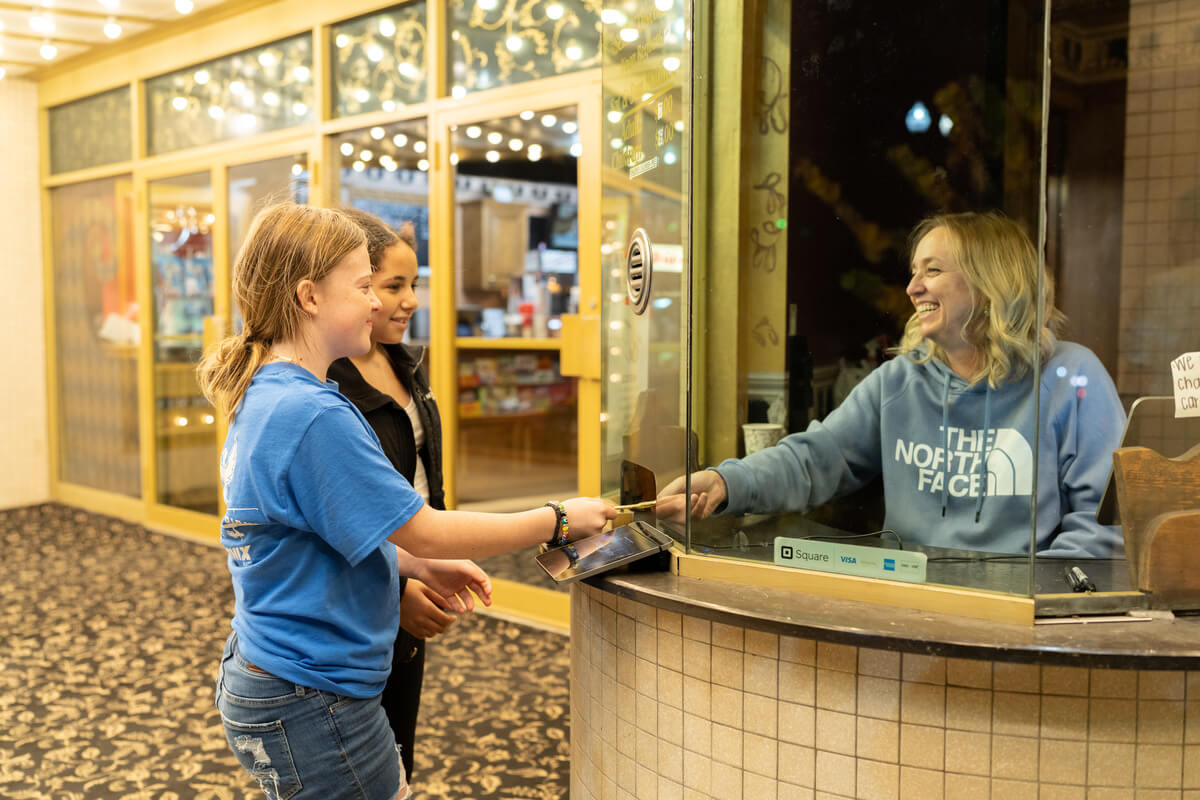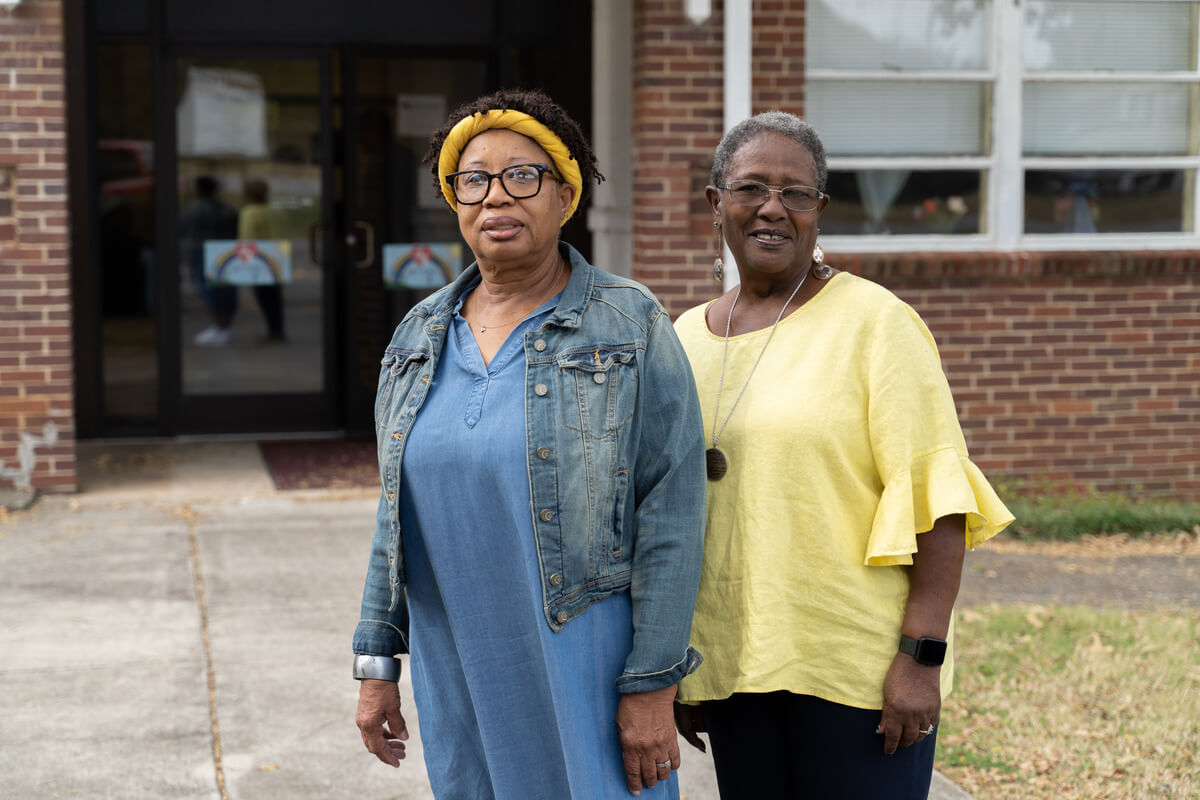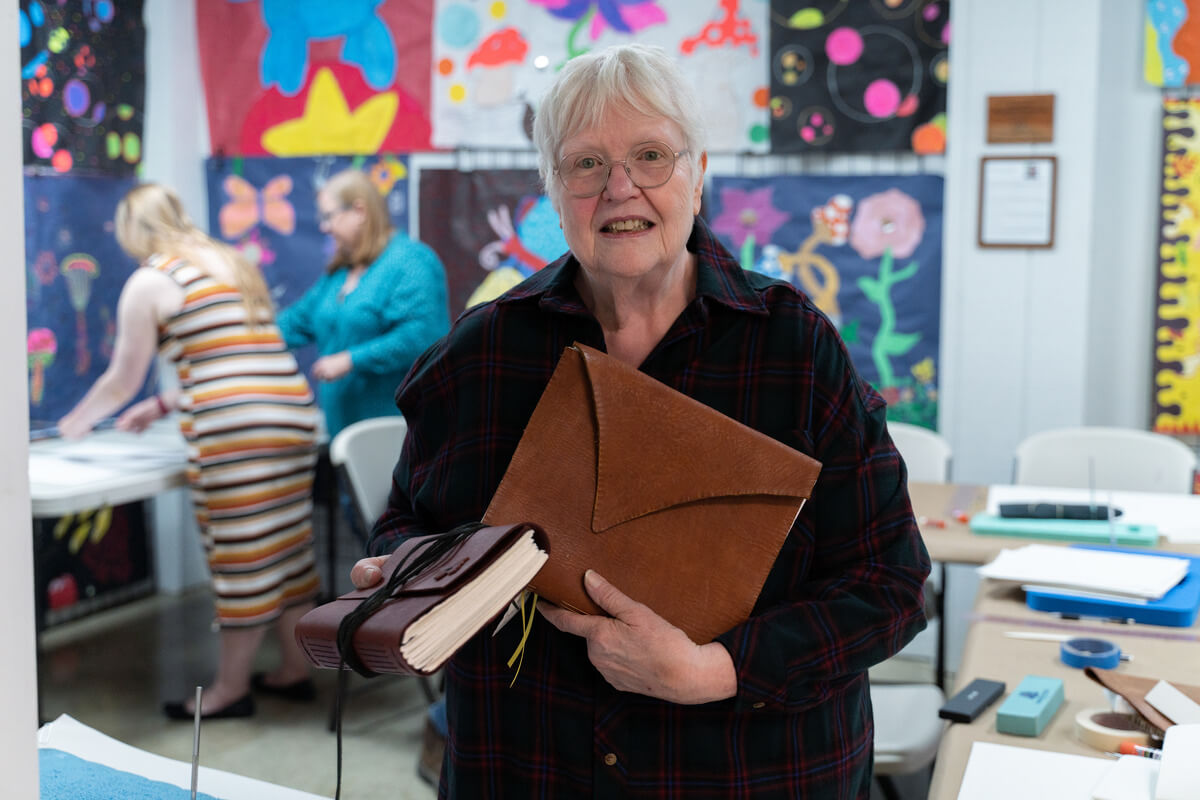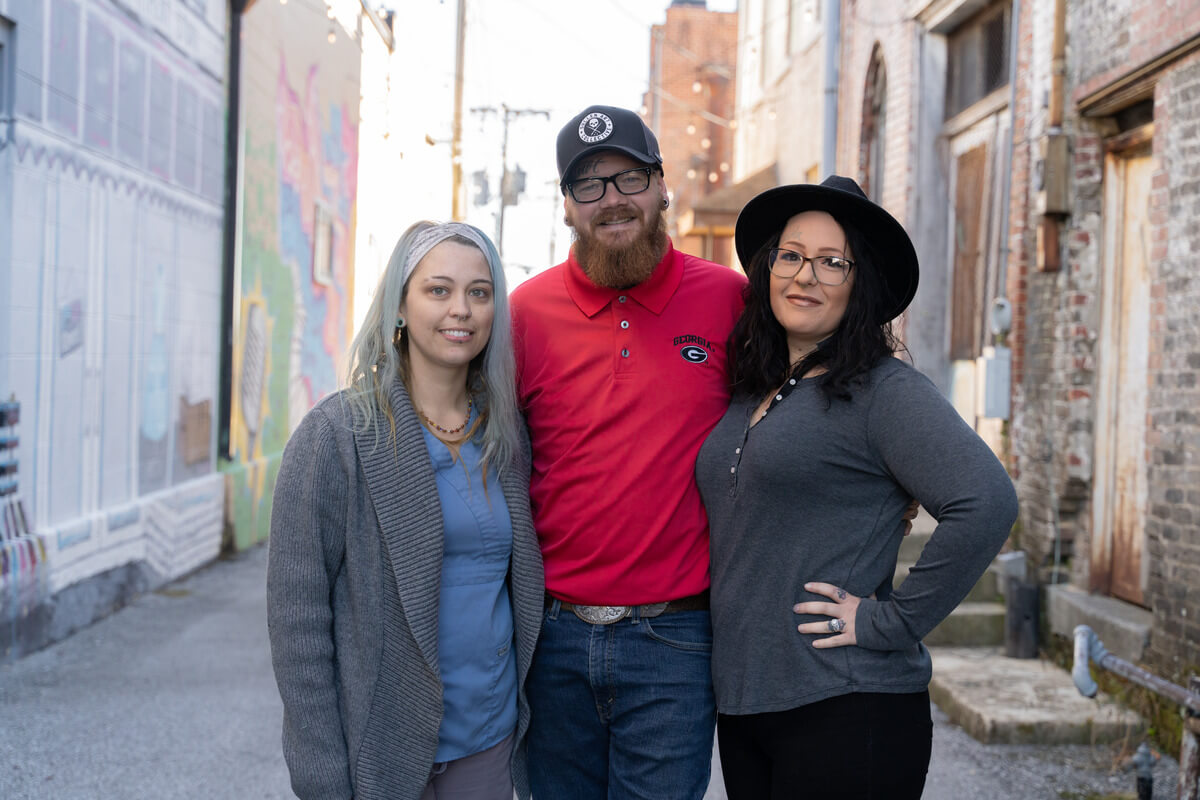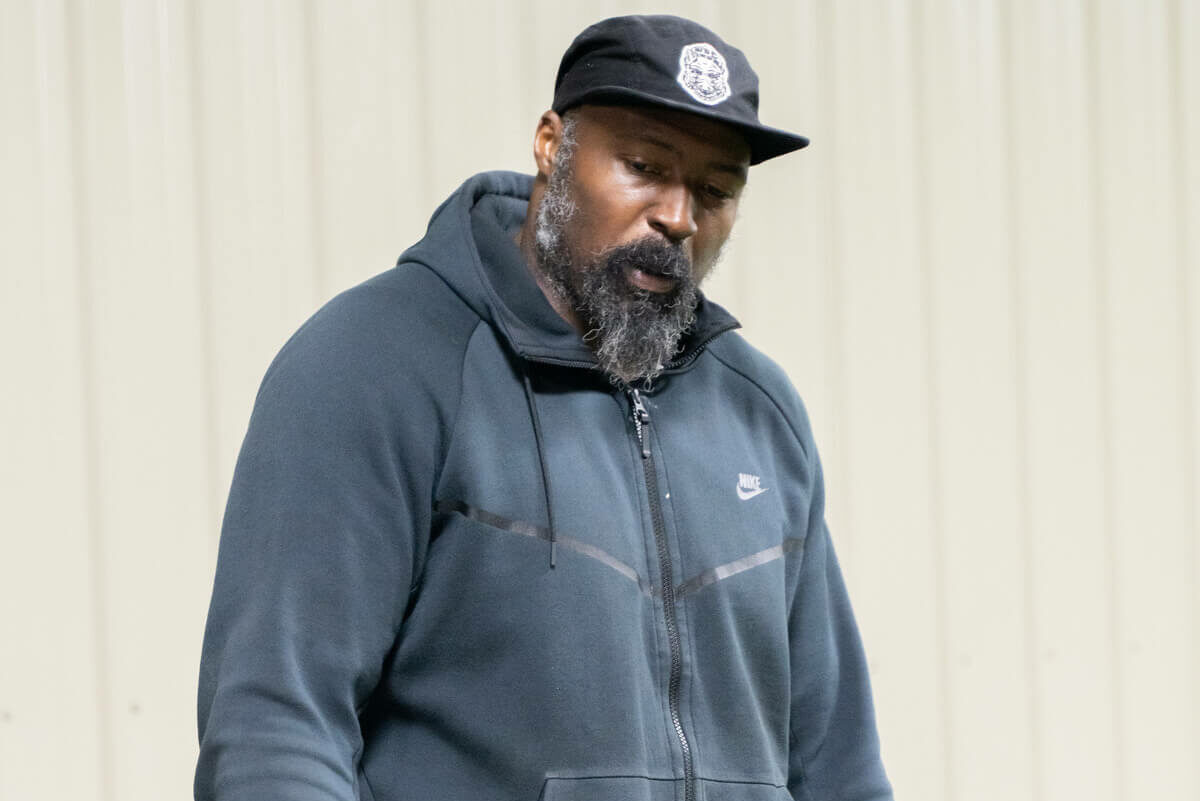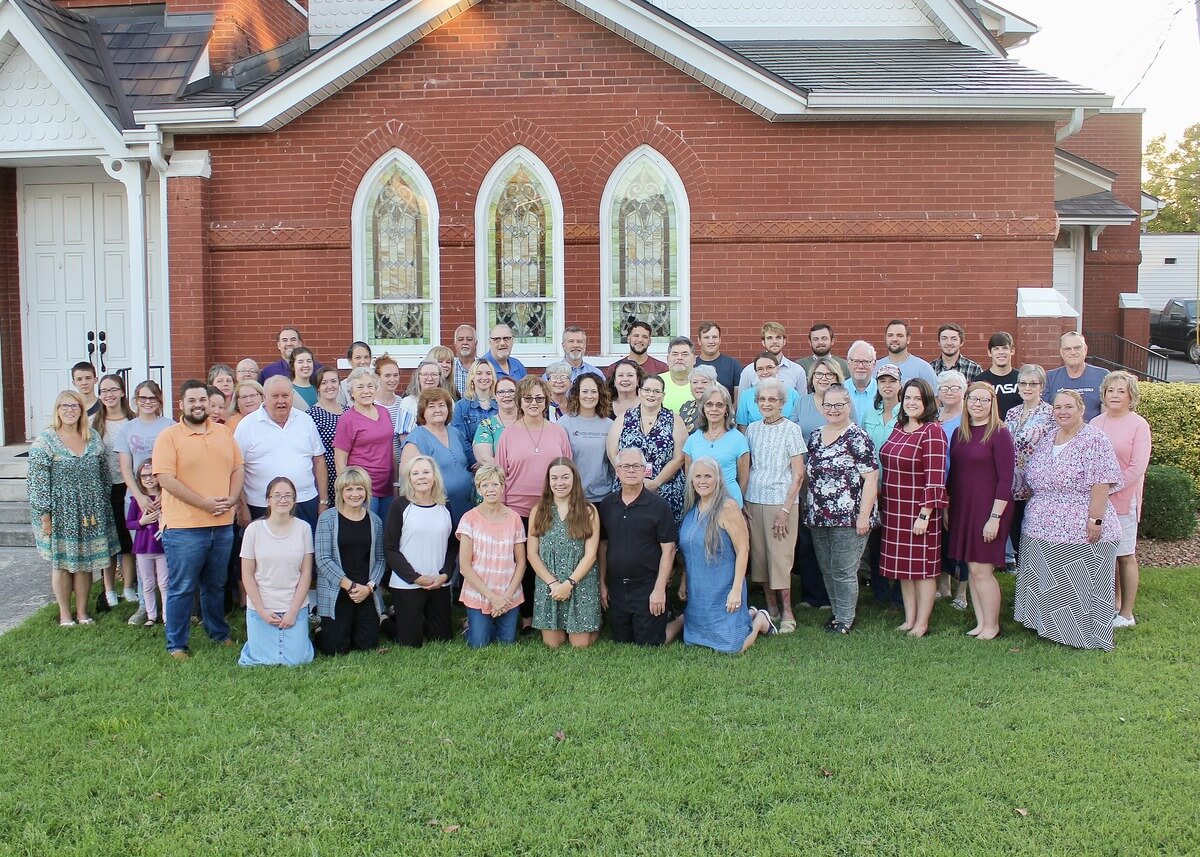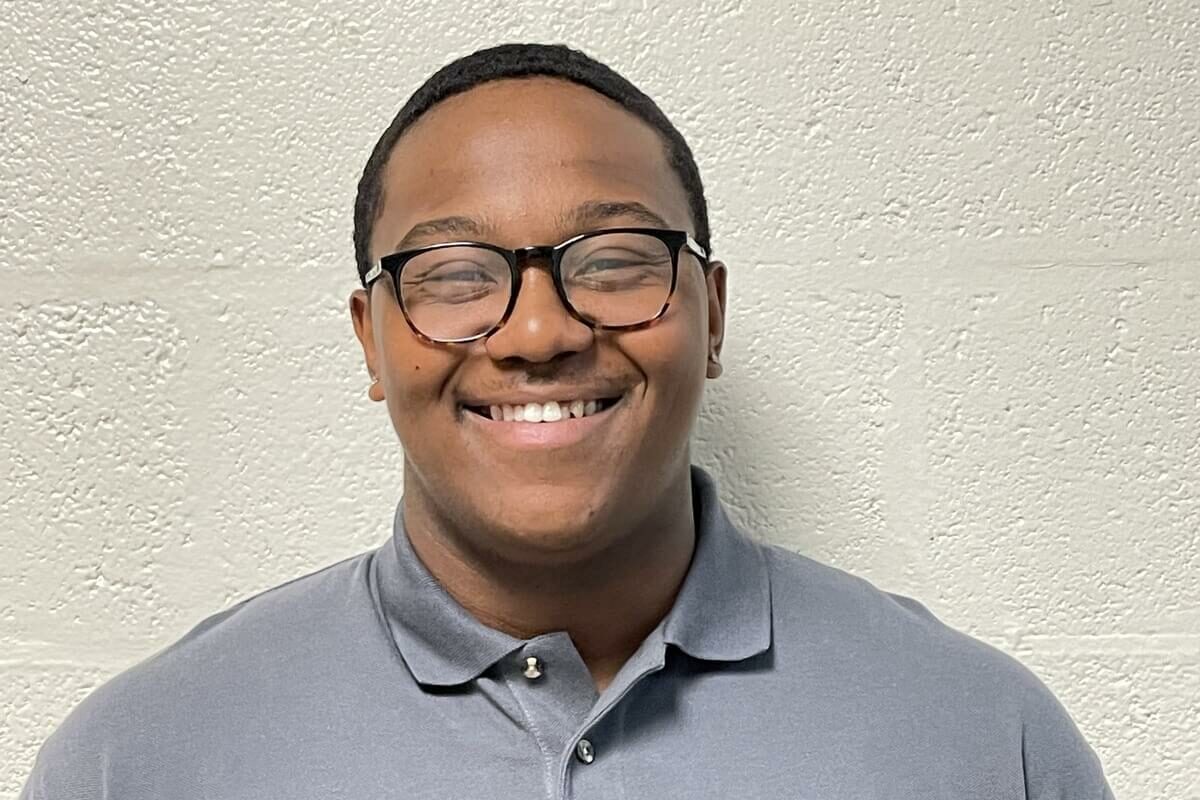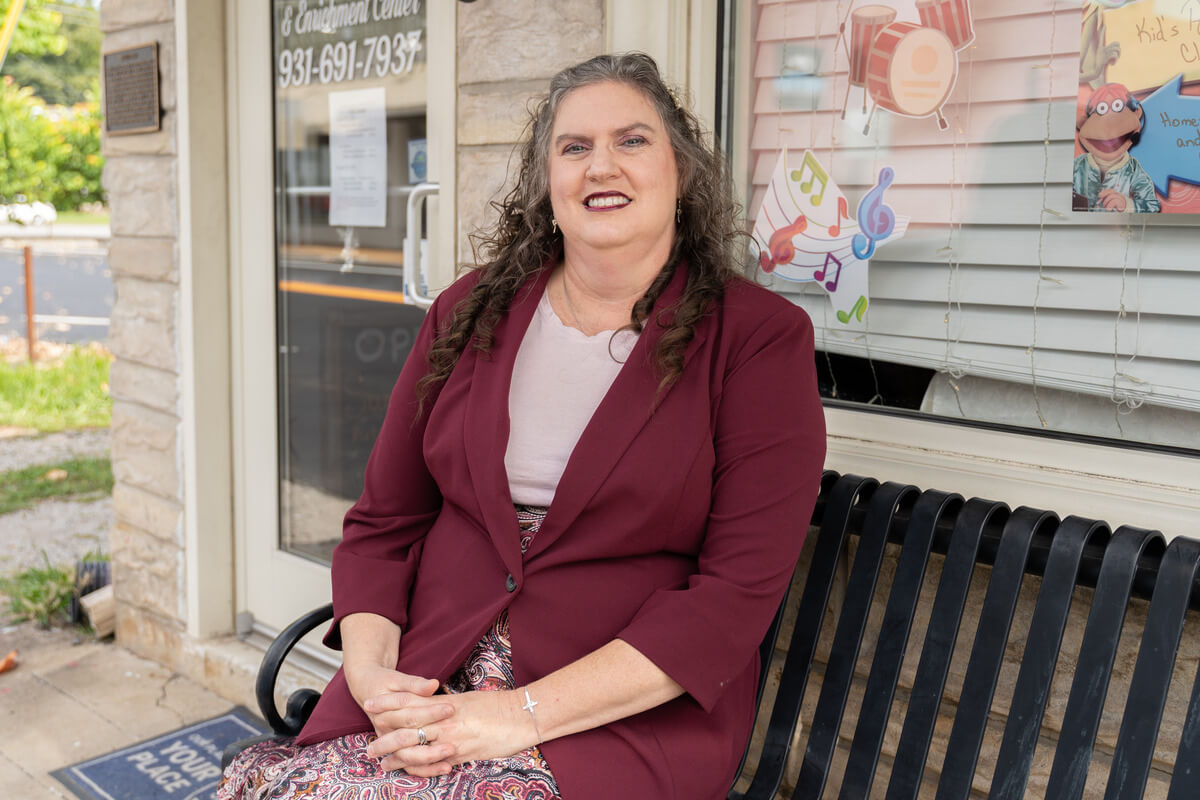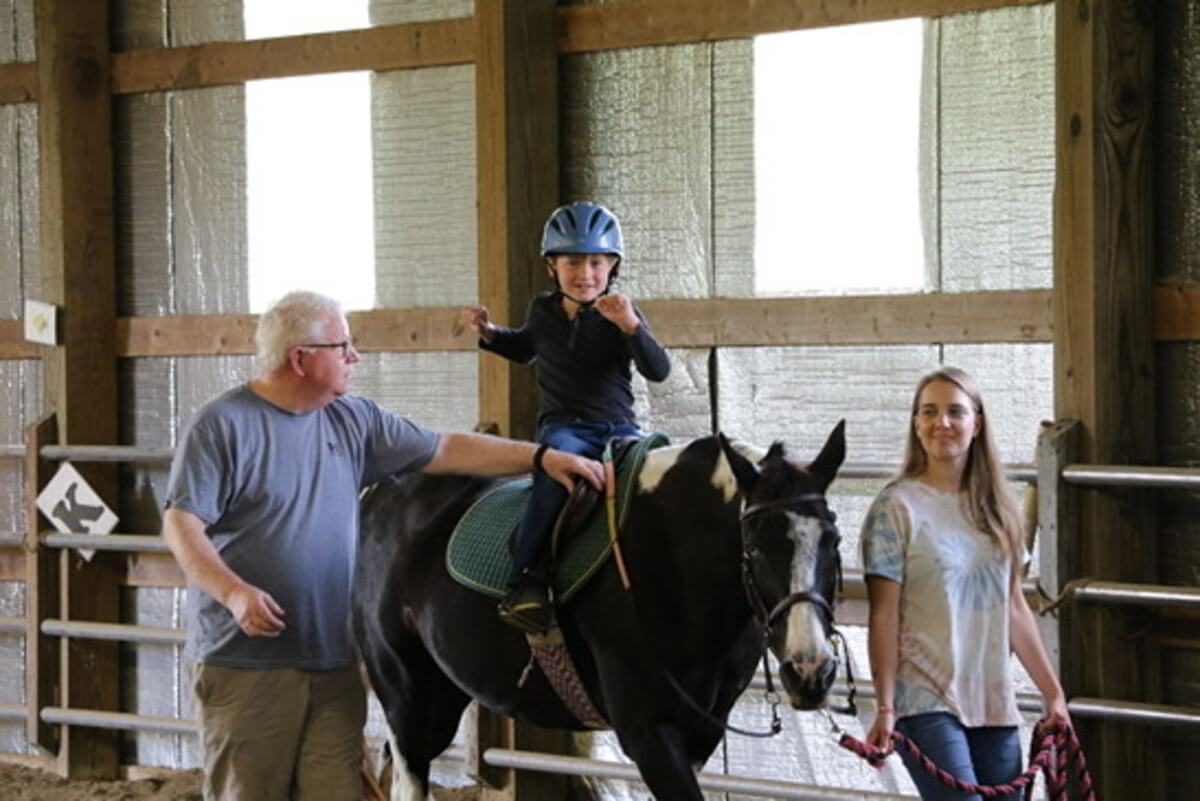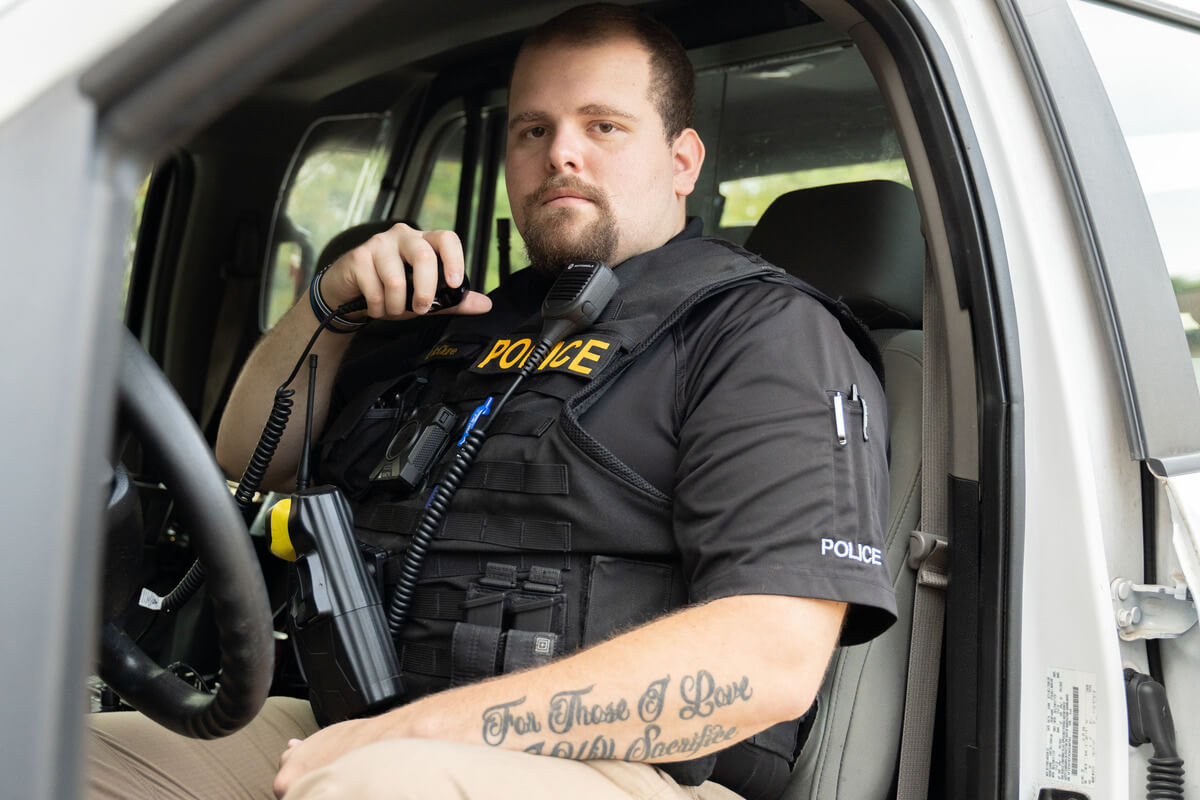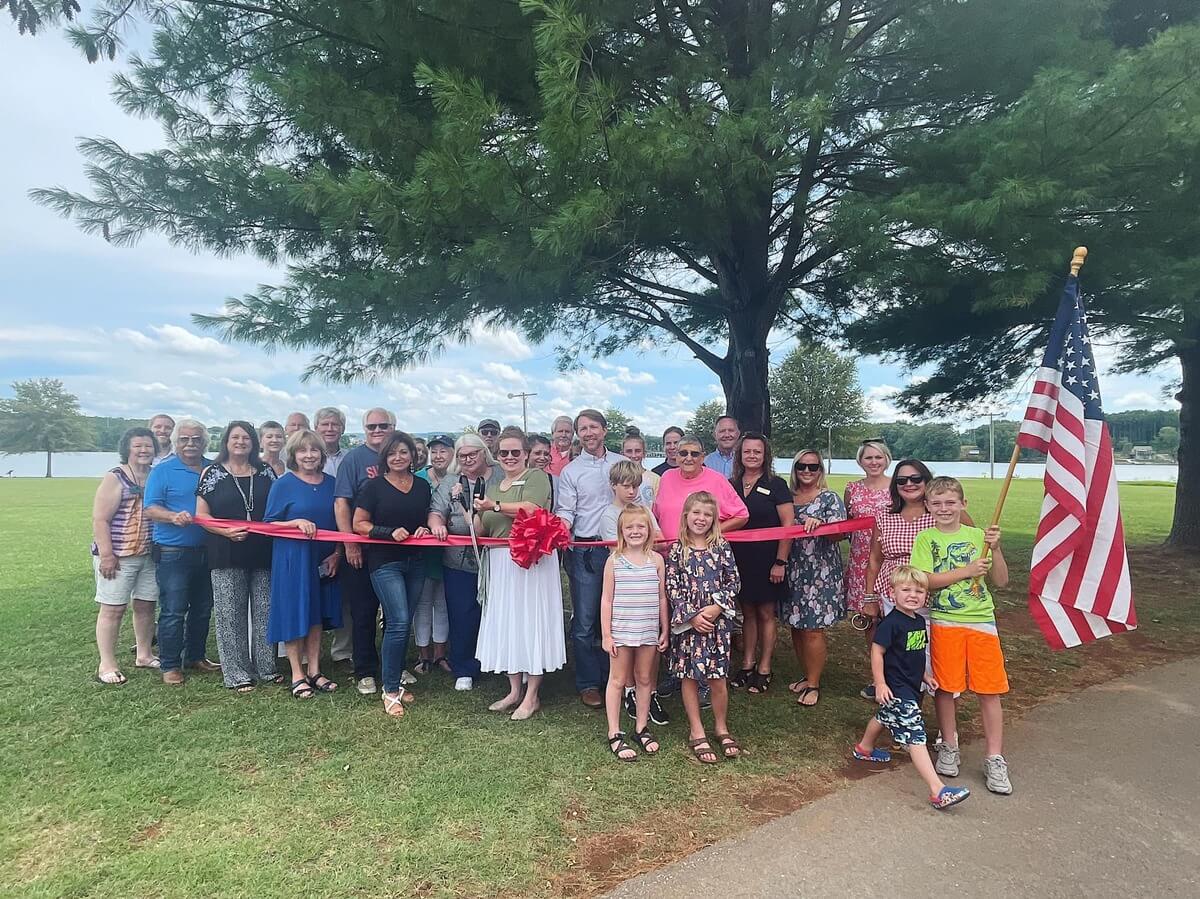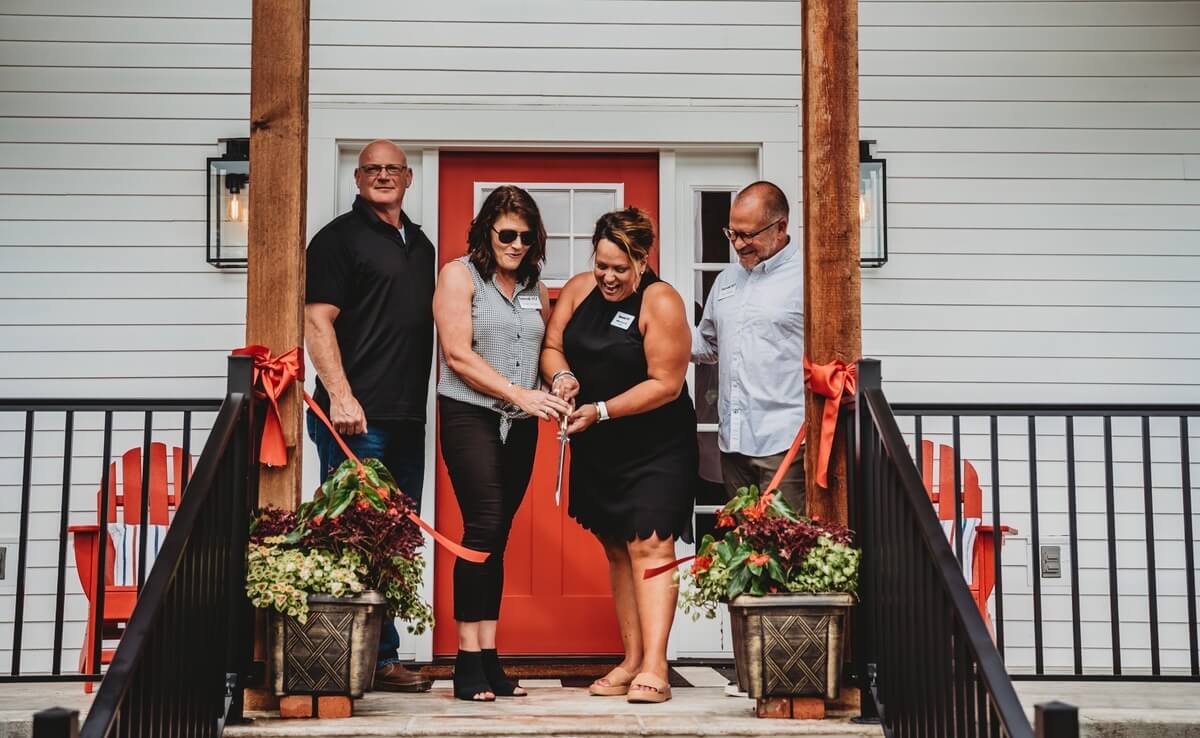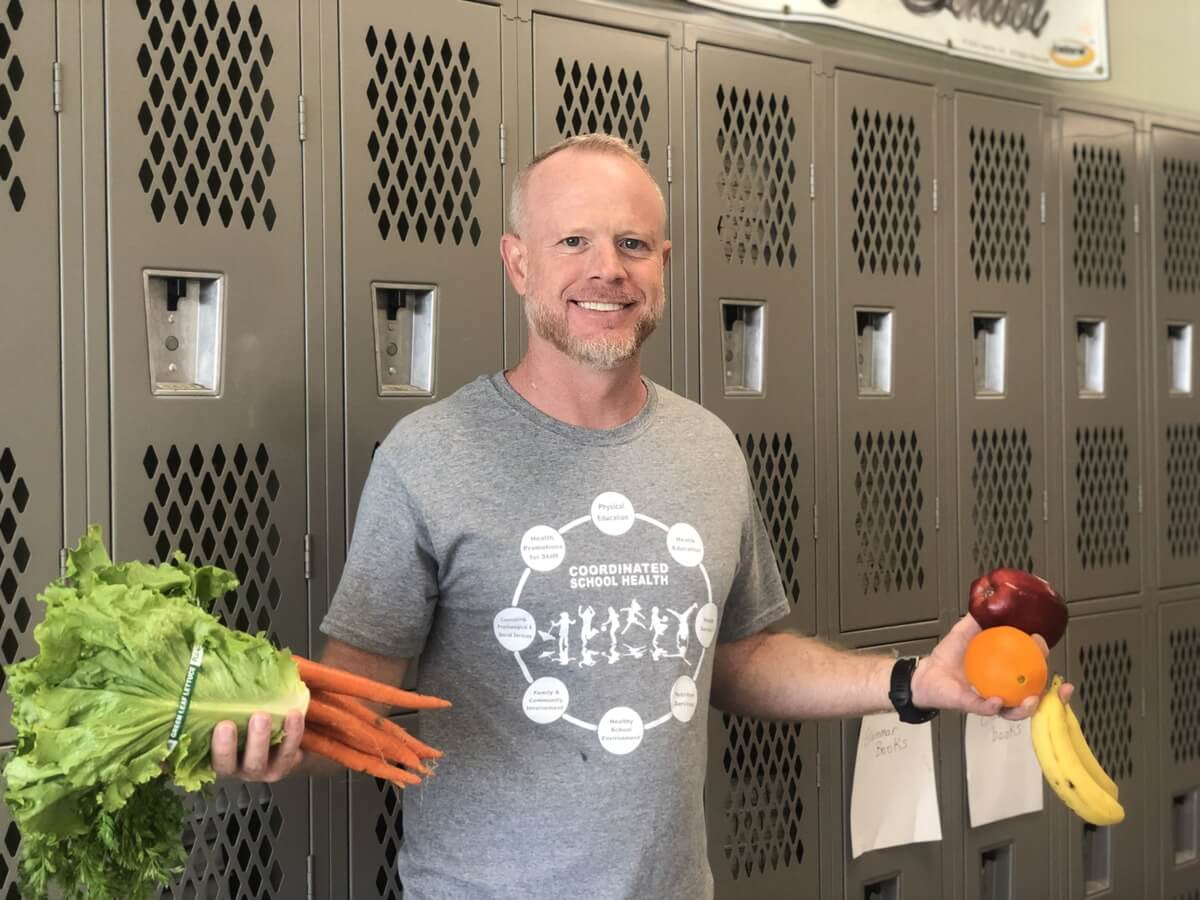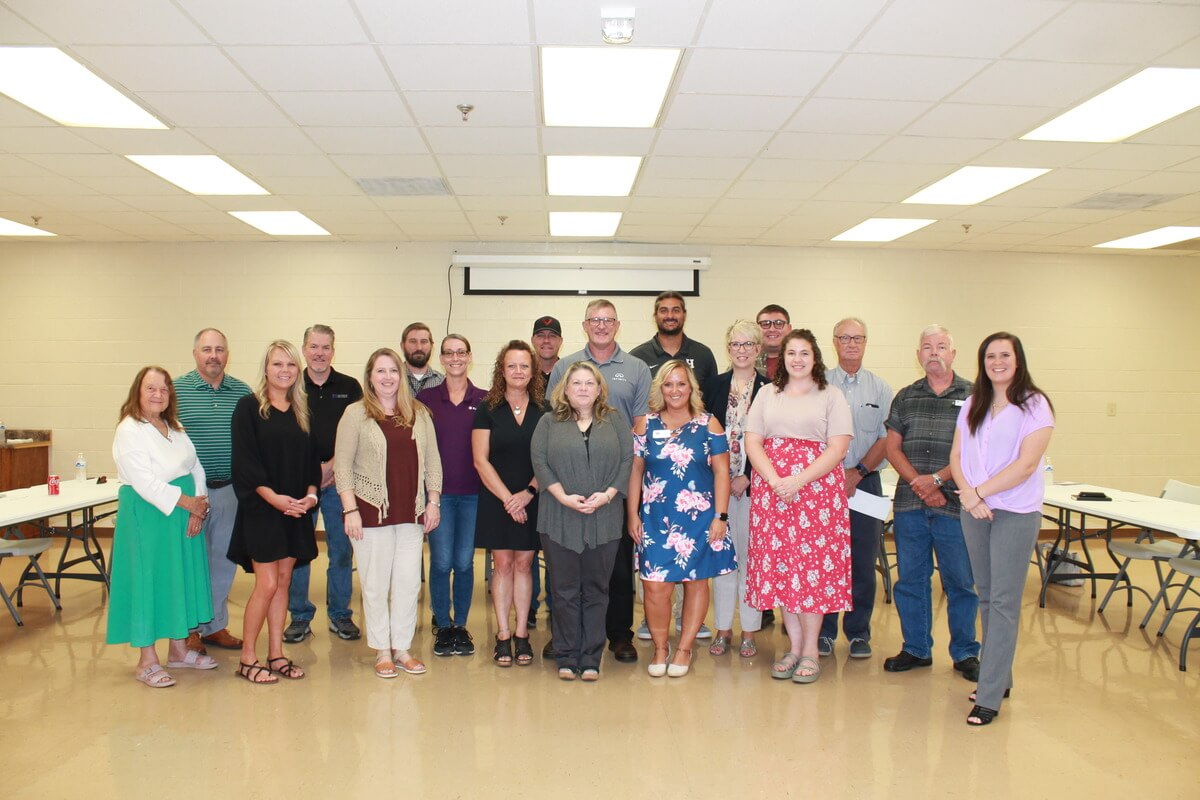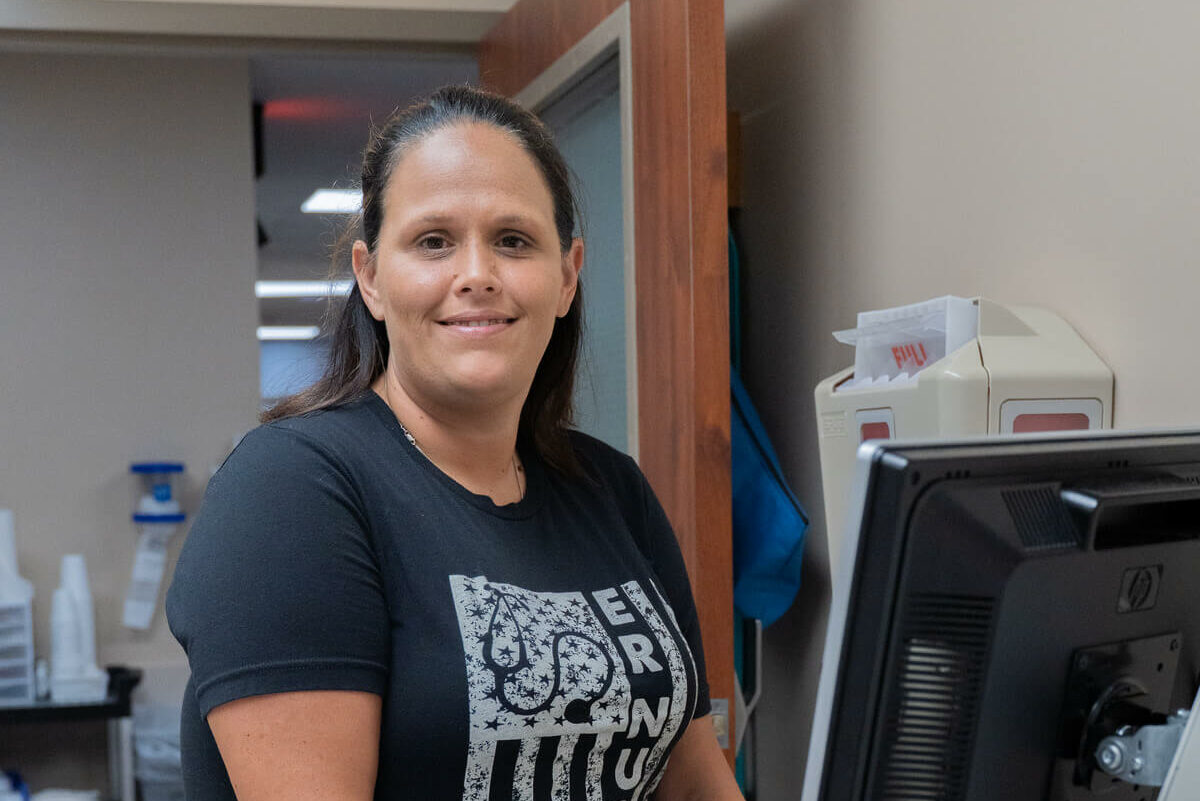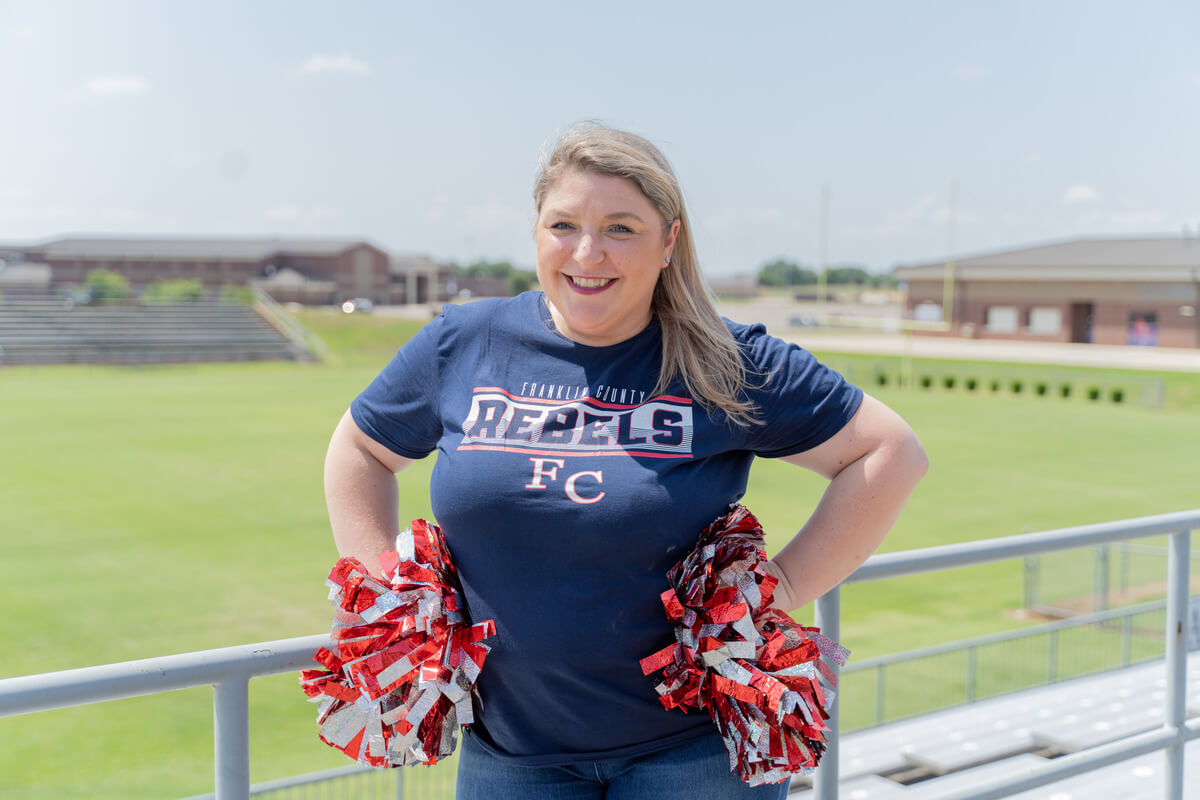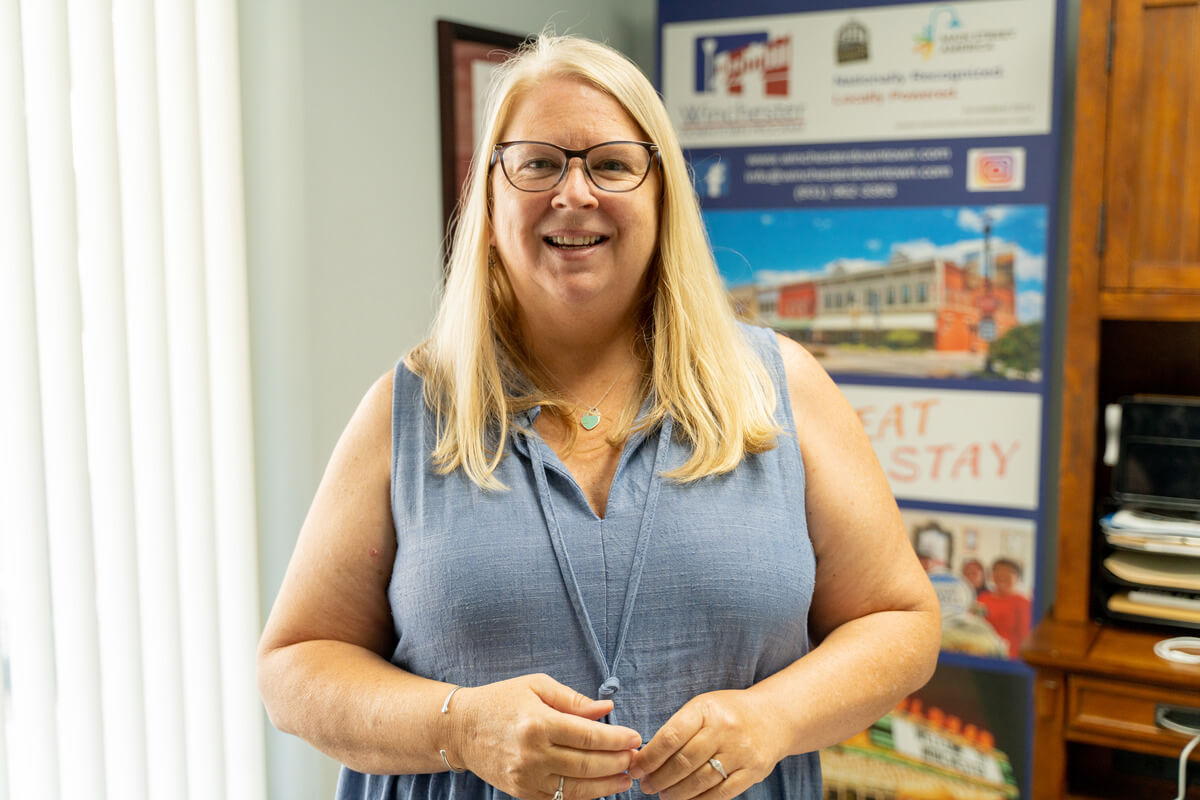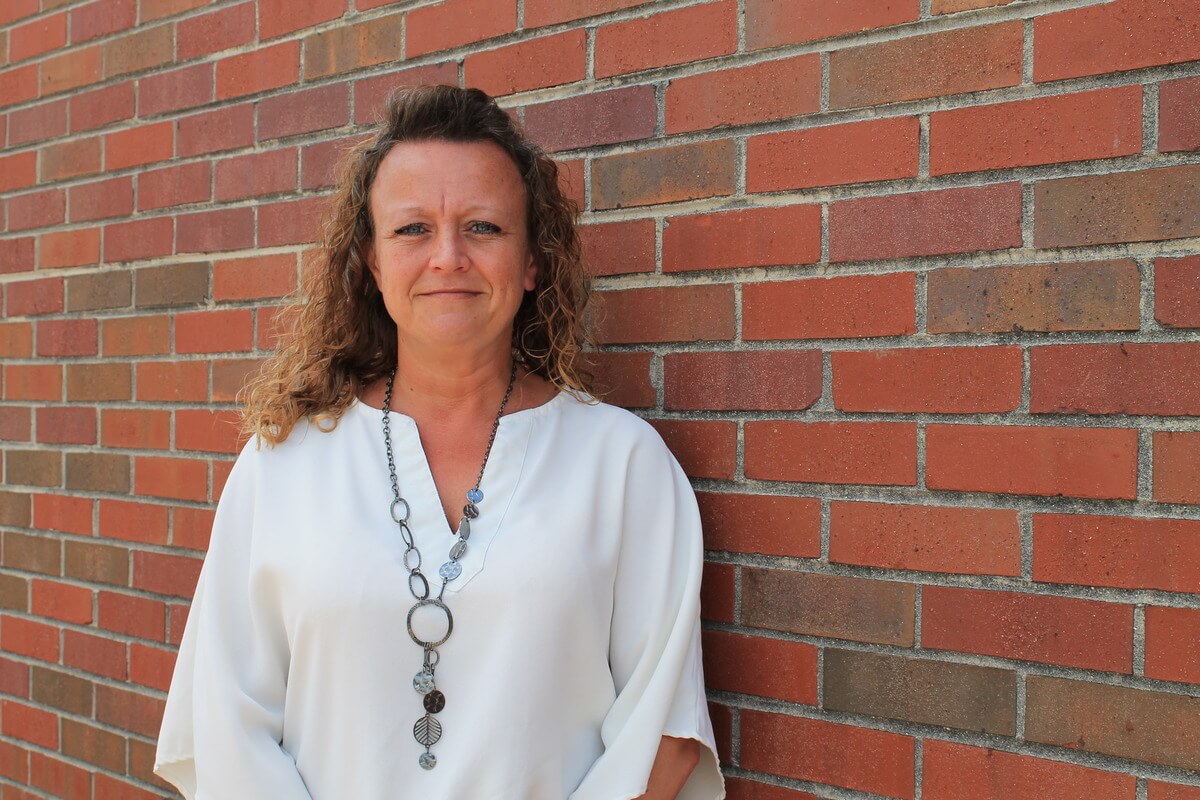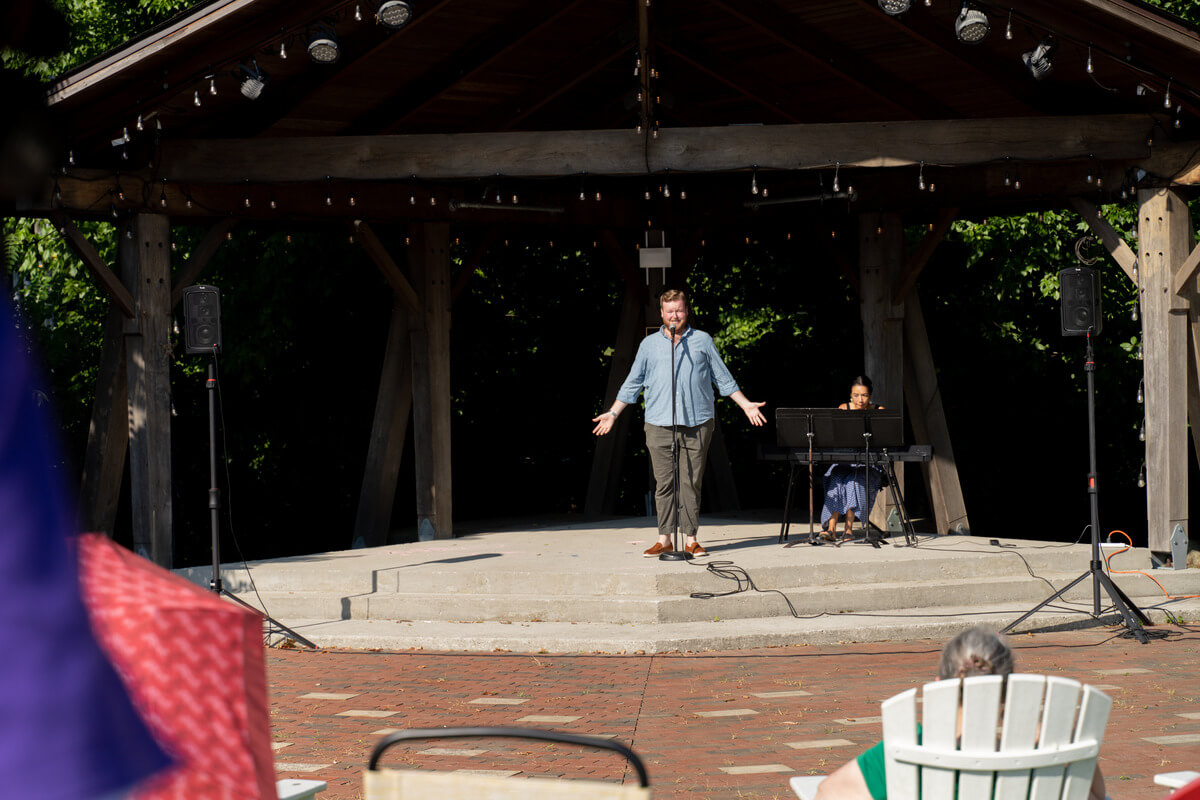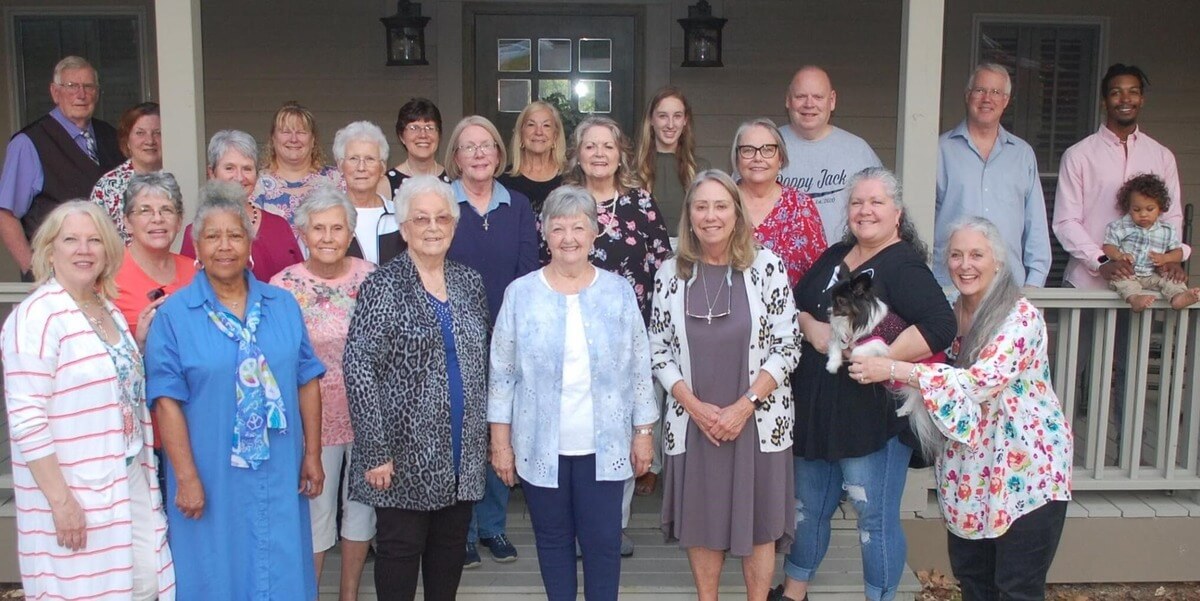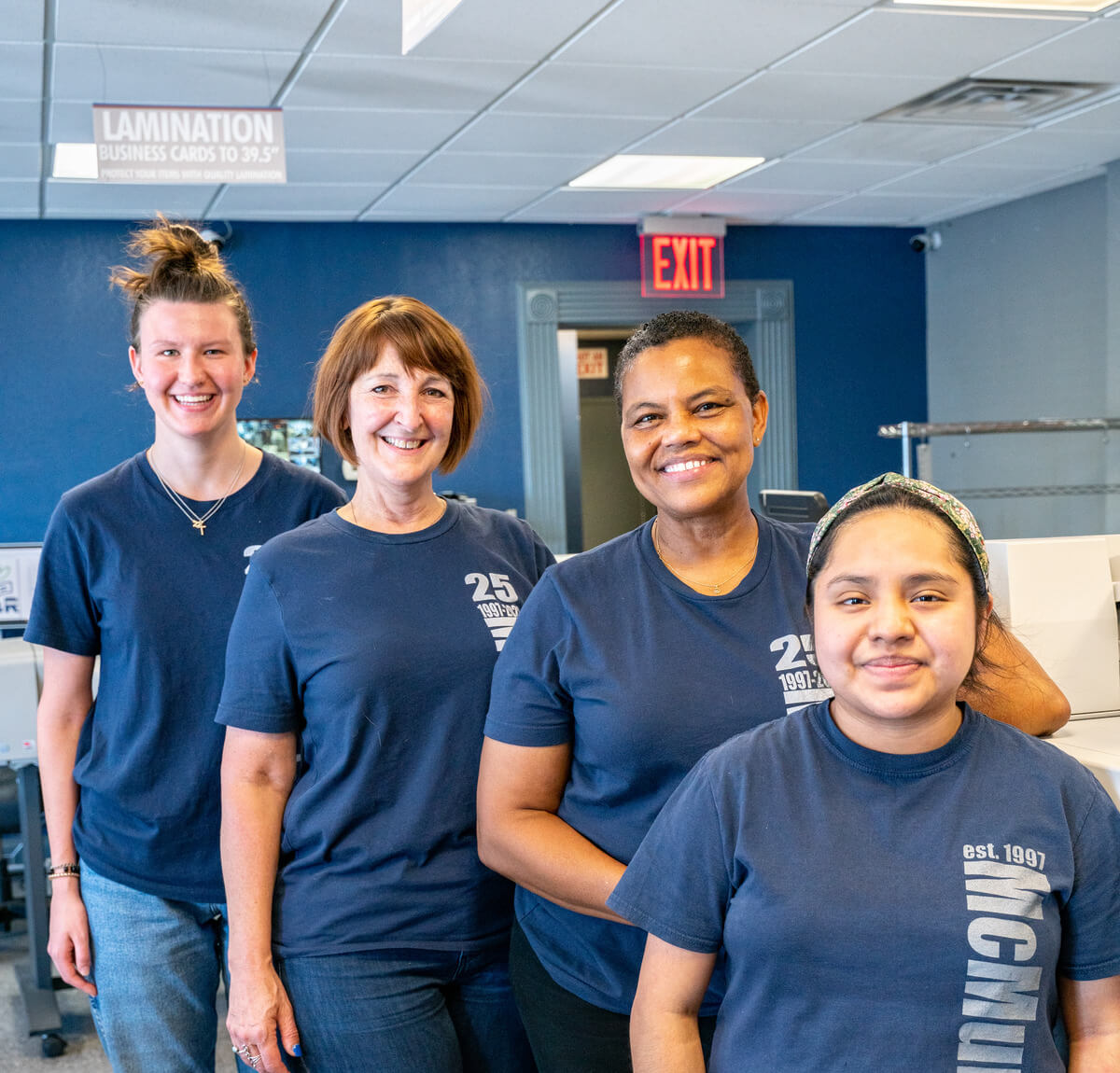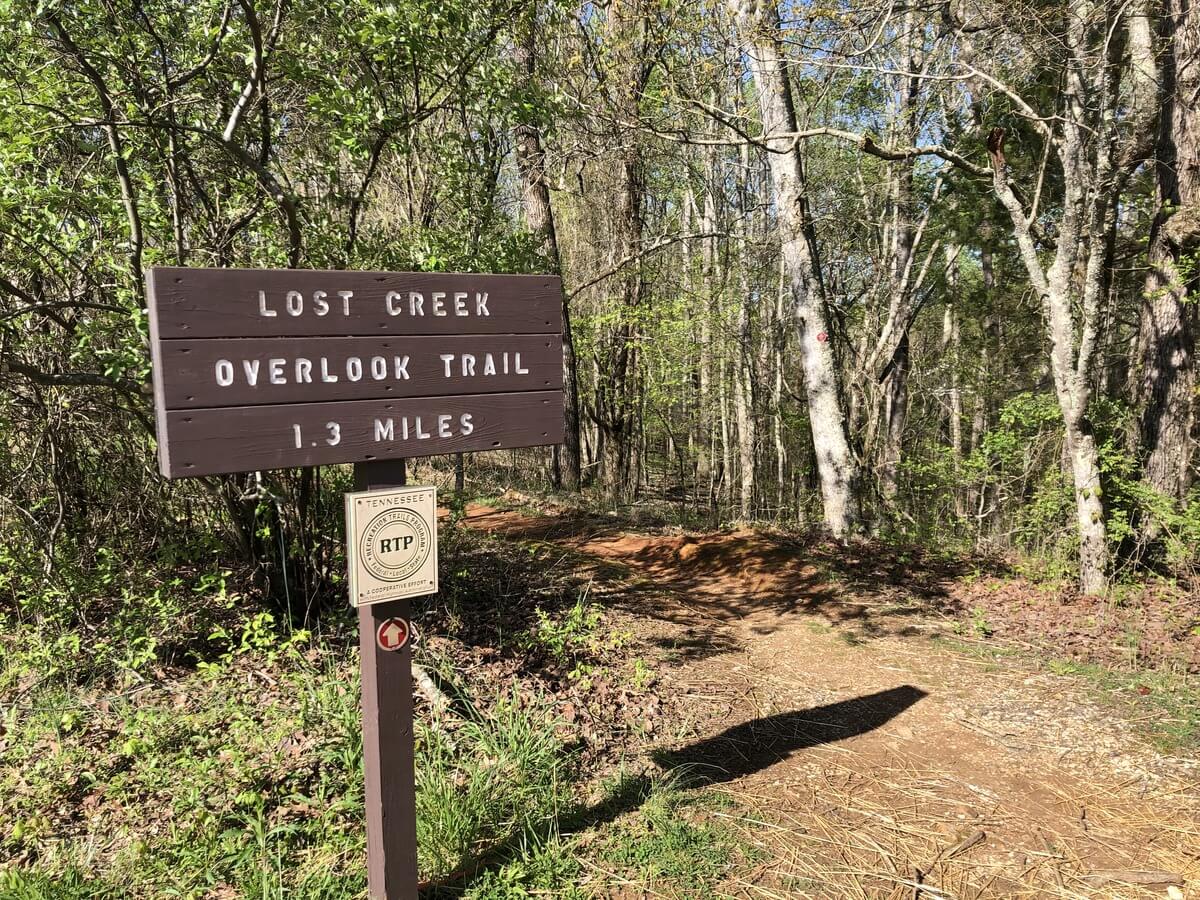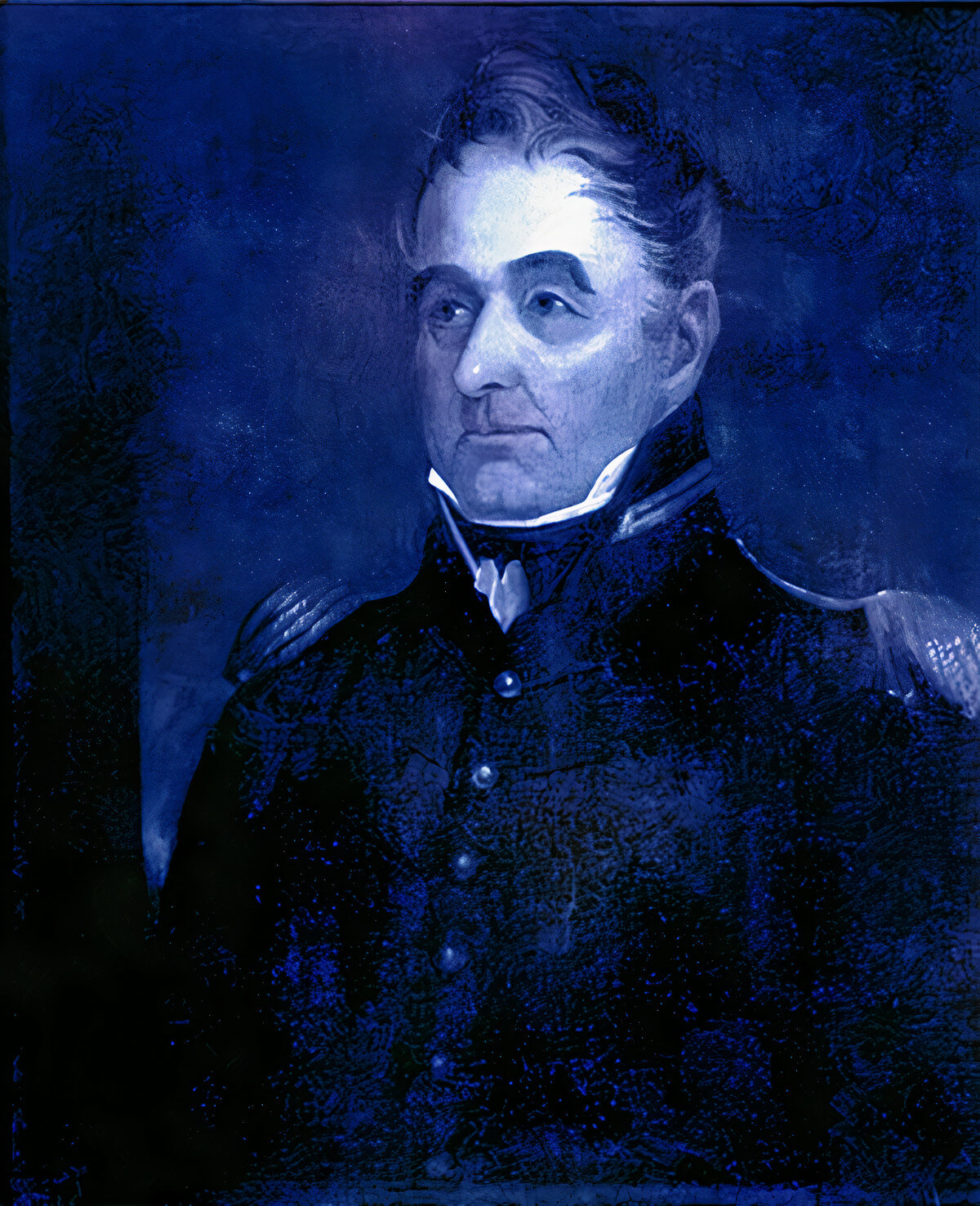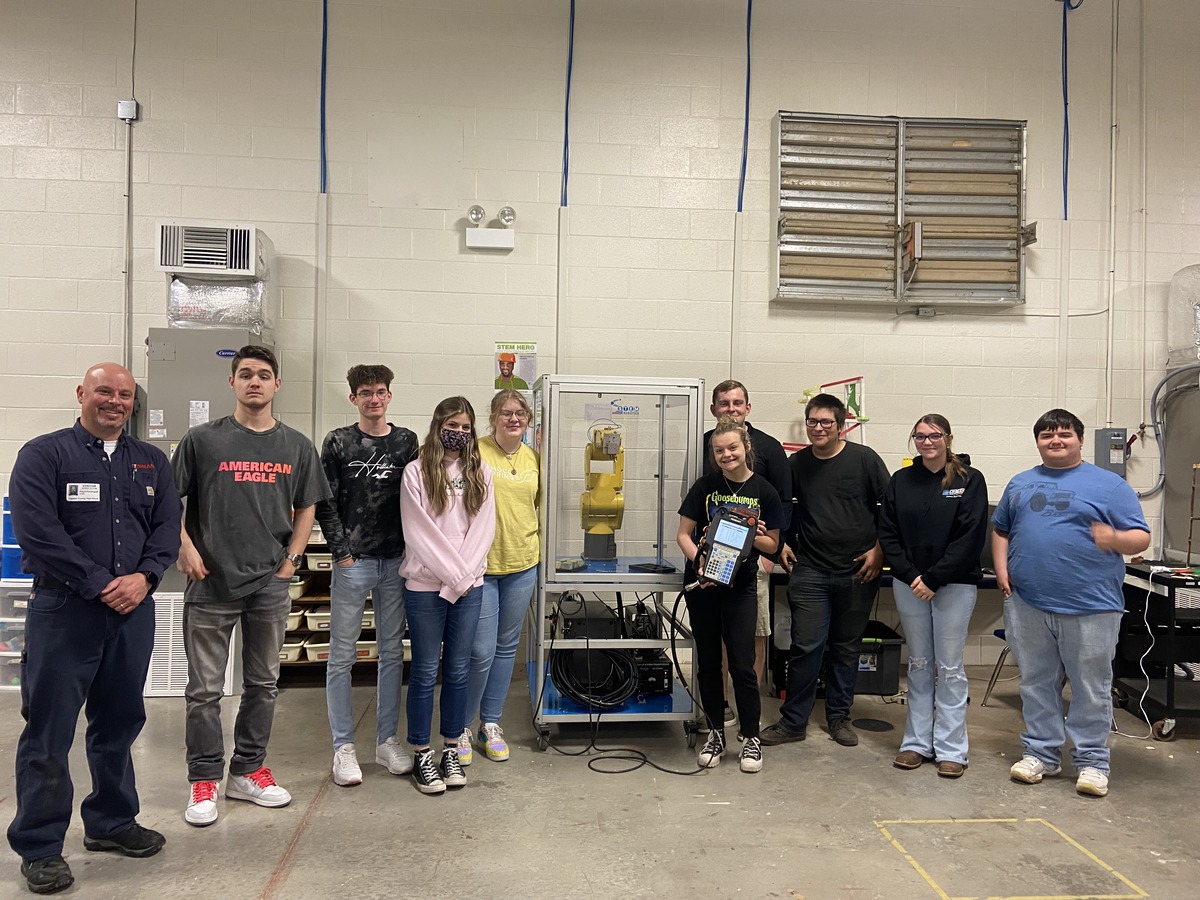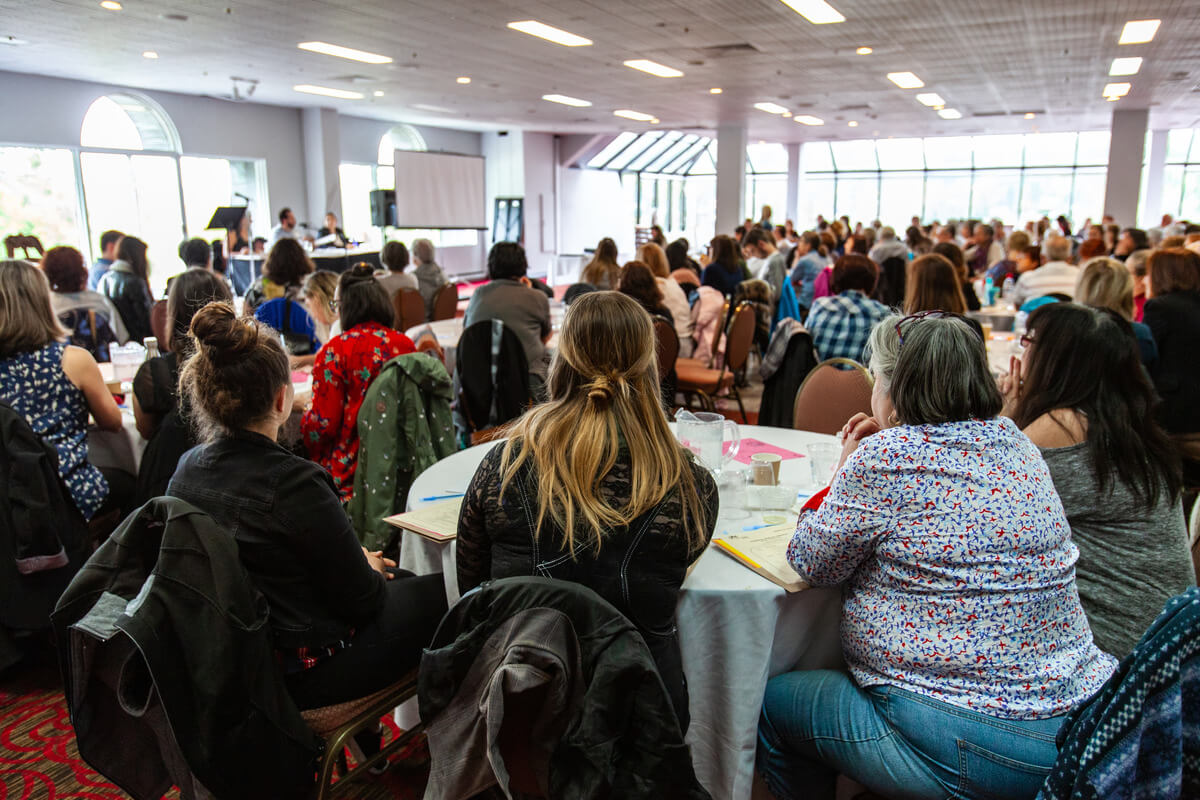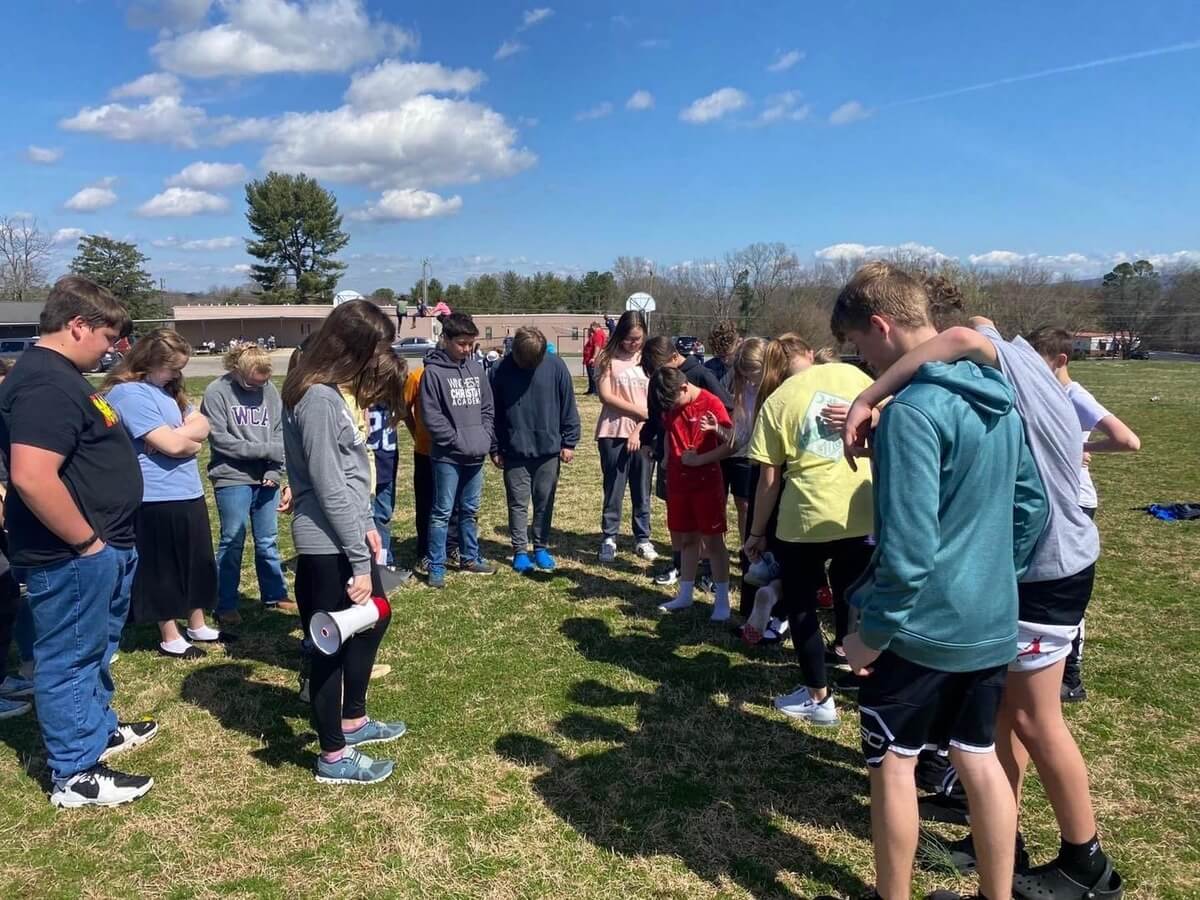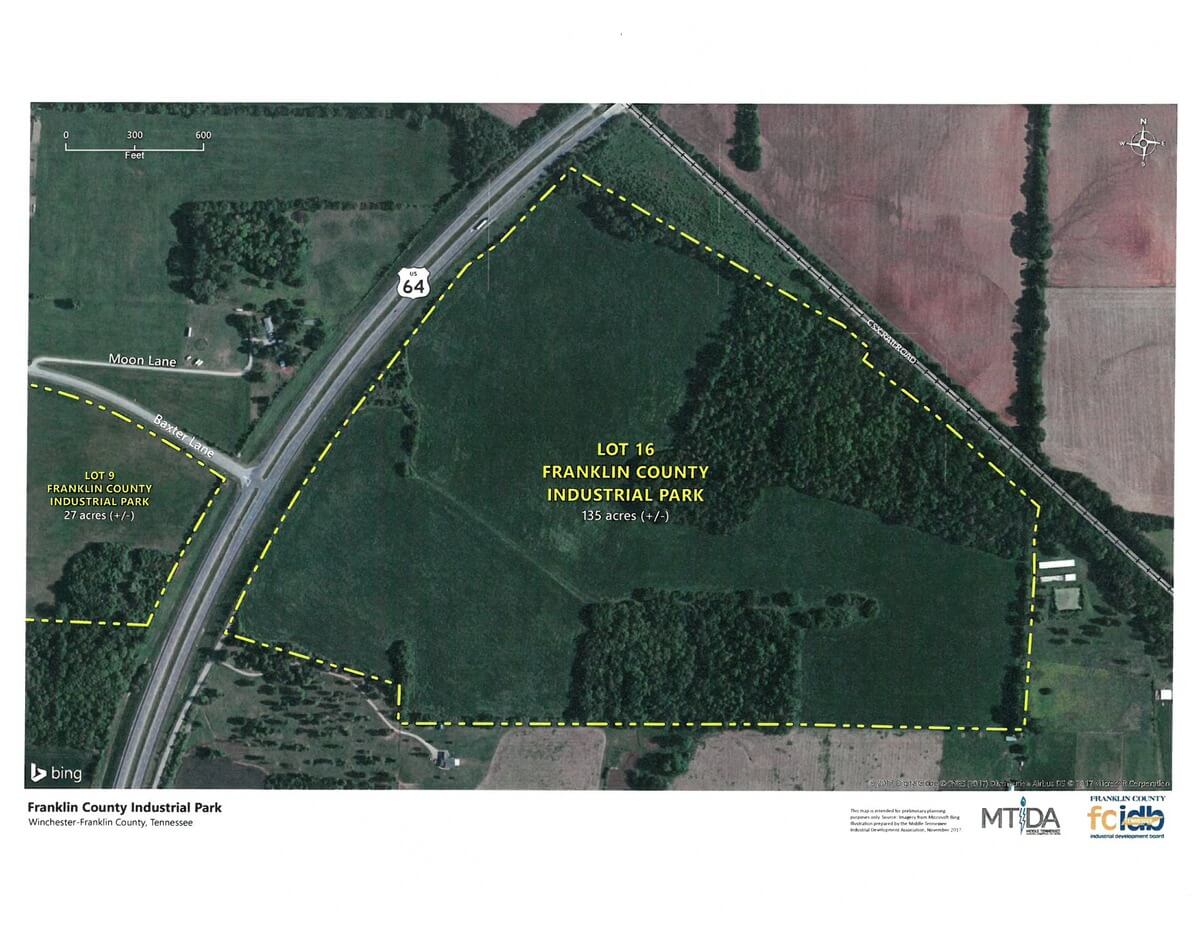WE OFTEN overlook the significance of basic abilities such as independence, clear sight, good hearing, problem-solving skills, and easy access to essential resources. Navigating the challenges associated with what society labels as disabilities, disorders, limitations, and conditions requires more than personal determination; it takes a supportive community dedicated to helping individuals achieve their utmost potential.
Finding assistance for those grappling with such obstacles can be daunting. However, the Community Development Center (CDC) is a central hub assisting all ages. Each program is a spoke in the center’s wheel of resources.
The CDC’s purposeful rotation connects lives and propels them forward. The CDC acts as a driving force, steering individuals toward a brighter and more empowered future within this dynamic wheel of change.
Originating as the Child Development Center over 50 years ago, the CDC initially focused on early intervention. This program delivers therapy to children with developmental delays and disabilities, offering support and continuing eligibility until kindergarten.
The CDC supports 11 counties in South Central Middle Tennessee and ensures that children receive personalized assistance within the familiar environment of their homes. Staff work closely with parents and caregivers to comprehend developmental milestones and implement strategies for day-to-day challenges.

The Child Development Center transitioned to the Community Development Center in the mid- ’90s to support all age groups. The Family Support program, initiated during this expansion, covers six counties and provides essential funding to families caring for a member with developmental or intellectual disabilities. Operating statewide under the Department of Intellectual and Developmental Disabilities, this program addresses daily life skill challenges, offering financial assistance to alleviate costs.
Anita Teague, executive director of the CDC, said, “We serve our entire community of those with special needs and of all abilities. We help them work, achieve their personal goals, strive for independence, and connect them with resources.”
Resources like the Children’s Center for Autism, launched in 2016, address the growing need for autism services in rural communities. There are locations in Lewisburg and Shelbyville, with a Fayetteville location coming in 2024. This program serves children aged 18 months to 12 years who are diagnosed with Autism Spectrum Disorders.
The Children’s Center for Autism is staffed by licensed board-certified behavior analysts and certified registered behavior technicians. It provides applied behavior analysis therapy, parent training, and community outreach.
The CDC’s Employment Services cover a wide range of support, including assisting individuals with job readiness, placement, and pre-employment transition services to students. They also help those in TennCare’s Employment and Community First CHOICES program, offering support for independence skills and community navigation. A recent addition, MAPS, focuses on skills like independence and employment. This program operates across 10 counties in the center’s service area.
Teague and her team understand the frustration of being tossed around from resource to resource without guidance.
“Family members get so stressed and tired because they’re having to manage their household and [deal with] medical issues, therapy sessions, insurance, and all these things for their family member with a disability,” said Teague.
But a call to their office is different. Staff will check to see if you fall within the guidelines of any of their programs, and if not, they will recommend other resources that might meet your needs.
The Independent Support Coordination program, established in the mid-1990s, offers case management for individuals with significant intellectual disabilities. This program operates across 17 counties. It ensures that individual desires and needs get prioritized. Additionally, assistance with disability case management services is available under the Tennessee Strong Families program.
The CDC’s commitment extends to seniors through the Senior Equipment Loan program, initiated in 2017. Providing durable medical equipment across South Central Middle Tennesse regardless of income, this program operates through a collaborative effort among CDC staff. The CDC’s leadership team is composed of Teague and program managers. To ensure the seamless operation of these vital programs, leaders meet monthly and annually to review and improve them.
She said, “We work with many partner agencies, including other nonprofits in our communities, focusing on other aspects, not just disabilities. We are all involved in our local communities, and many of us serve on the Community Health Councils and Community Advisory Boards, which gives us avenues to learn what the needs are in our communities. The CDC’s main focus is on those with intellectual and developmental disabilities. Still, by being involved, supporting other nonprofit’s missions, and expanding our services to those of all abilities, we are more inclusive and meet a larger community of need.”
The CDC is the wheel that turns toward hope and carves out paths to independence and empowerment. As the center’s wheel of change continues to turn, it leaves an indelible mark on those navigating challenges, fostering a brighter and more inclusive future. GN










